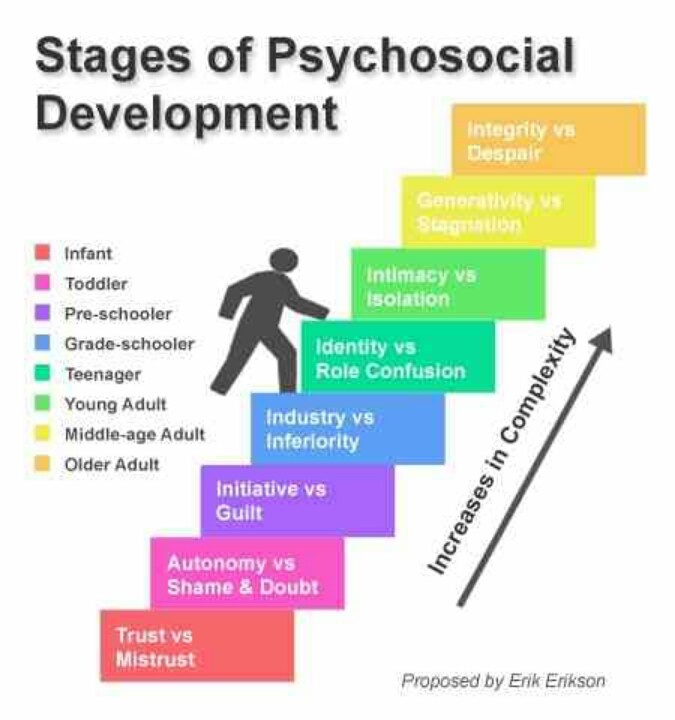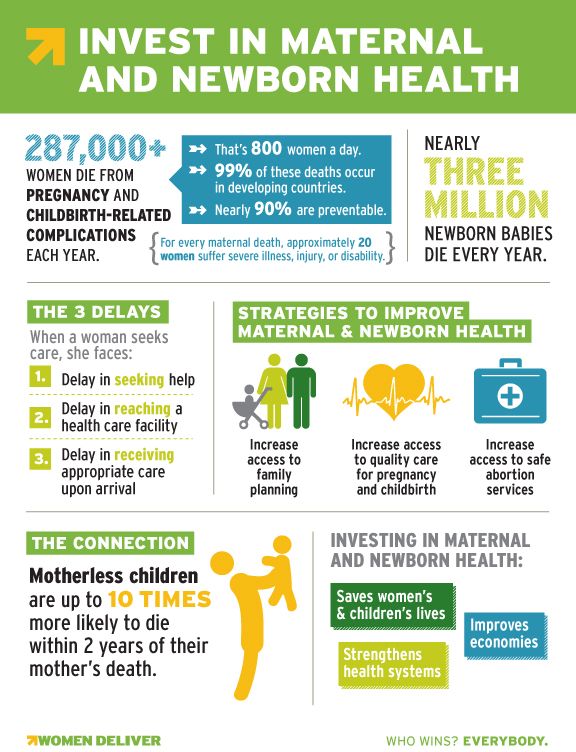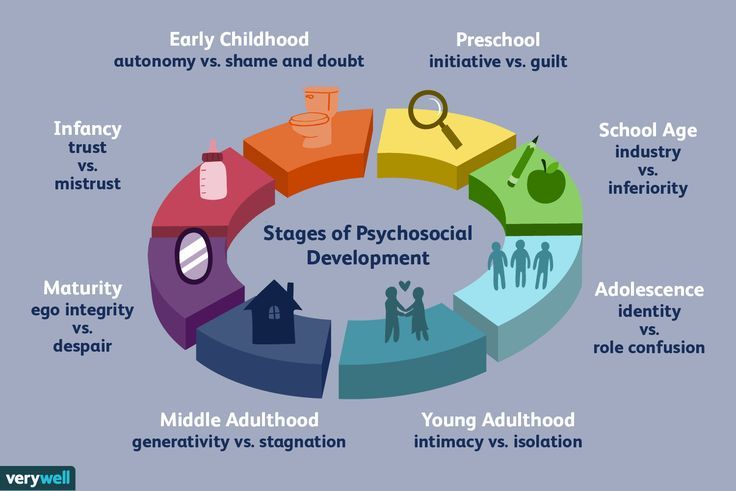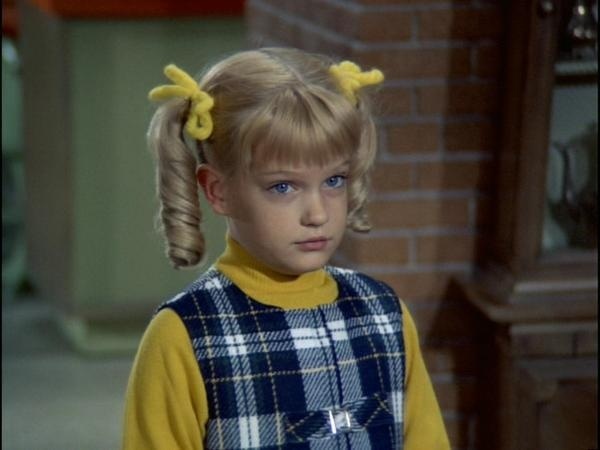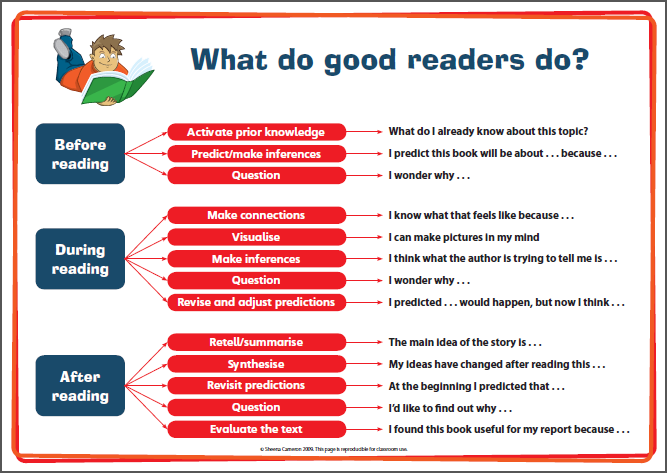How to learn child psychology
Understand Your Child Better With These Child Psychology Tips
Understanding your child is one of the most important things that you should learn as a parent. It is very helpful in becoming effective in guiding and nurturing your child as they grow and mature. You need to bear in mind that your child has a unique personality trait that remains consistent throughout life.
One of the ways you can understand your child is by observing them as they sleep, eat, or play. Look for the consistent traits. Which activities do they like best? Is adjusting to changes easy for them or do they need time to become familiar with these things? These things are the normal characteristics of a child and your child may not be an exception.
As much as possible, have time to talk to your children as this is crucial to gaining information and understanding. In the case of young children, they require less verbal language and more facial expression and body language in order to understand their thoughts and feelings. Asking them questions will allow them to share their feelings to you.
Self-esteem is a major key to success in life. The development of a positive self-concept or healthy self-esteem is extremely important to the happiness and success of children and teenagers. A positive parent-child relationship provides the framework and support for a child to develop a healthy respect and regard for self and for others. Children crave time with parents. It makes them feel special. Parents are encouraged to find time to spend playing with their kids on a regular basis. This should include one to one with each child and group time with all of the adults and kids in the home. If you are a single parent or have an only child, occasionally invite family or friends over to play.
For one reason or another, some children do not develop social skills as easily as others. They may earnestly seek peer relationships and then, having endured rebuffs, if not downright cruelty, retreat to the safety of home, family, and their own company. There is probably nothing so painful for a parent as the rejection of his child. Parents need to take the long view of social problems and to map out a plan to solve them quite as carefully and thoughtfully as they would consider academic or health problems. There are guidelines which, if followed, will help these children if the parent is willing to take time and initiative.
There is probably nothing so painful for a parent as the rejection of his child. Parents need to take the long view of social problems and to map out a plan to solve them quite as carefully and thoughtfully as they would consider academic or health problems. There are guidelines which, if followed, will help these children if the parent is willing to take time and initiative.
Most parents will encounter a few bumps in the road as their child moves from baby to teen to adult. The Child Psychology section provides guidelines and referrals to trusted resources for such problems as Attention Deficit Hyperactivity Disorder – ADHD, Anxiety, Autism/Aspergers, Bedwetting, Depression, Oppositional Defiant Disorder – ODD, Shyness and more.
<A HREF=”https://ws-na.amazon-adsystem.com/widgets/q?rt=tf_cw&ServiceVersion=20070822&MarketPlace=US&ID=V20070822%2FUS%2Fchilddevelopme09%2F8010%2F2a32bba3-b059-4463-9836-be3187f5c9c3&Operation=NoScript”>Amazon.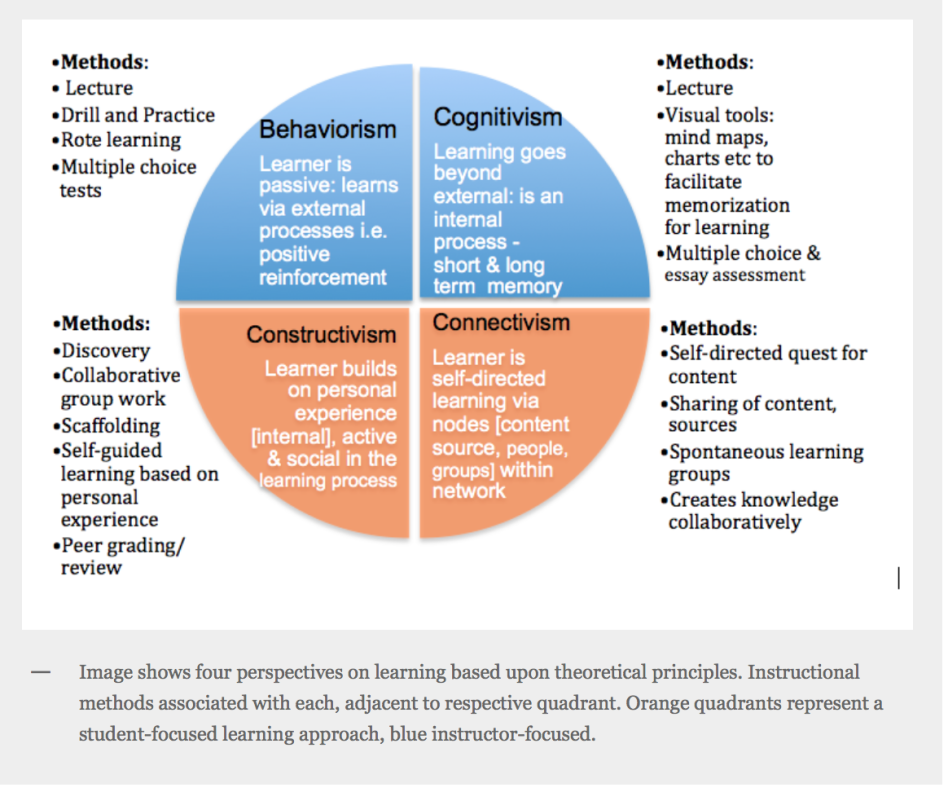 com Widgets</A>
com Widgets</A>
Latest Blog Posts on Child Psychology & Mental Health
Subscribe
Subscribe to Child Development Institute so you never miss out on a mustread article.
Name
Share us on facebook
Follow us on twitter
Follow @parentingweb
Recent Tweets by @parentingweb
Here's How You Can Use Child Psychology to Understand Your Child Better
Child Psychology is a vast subject.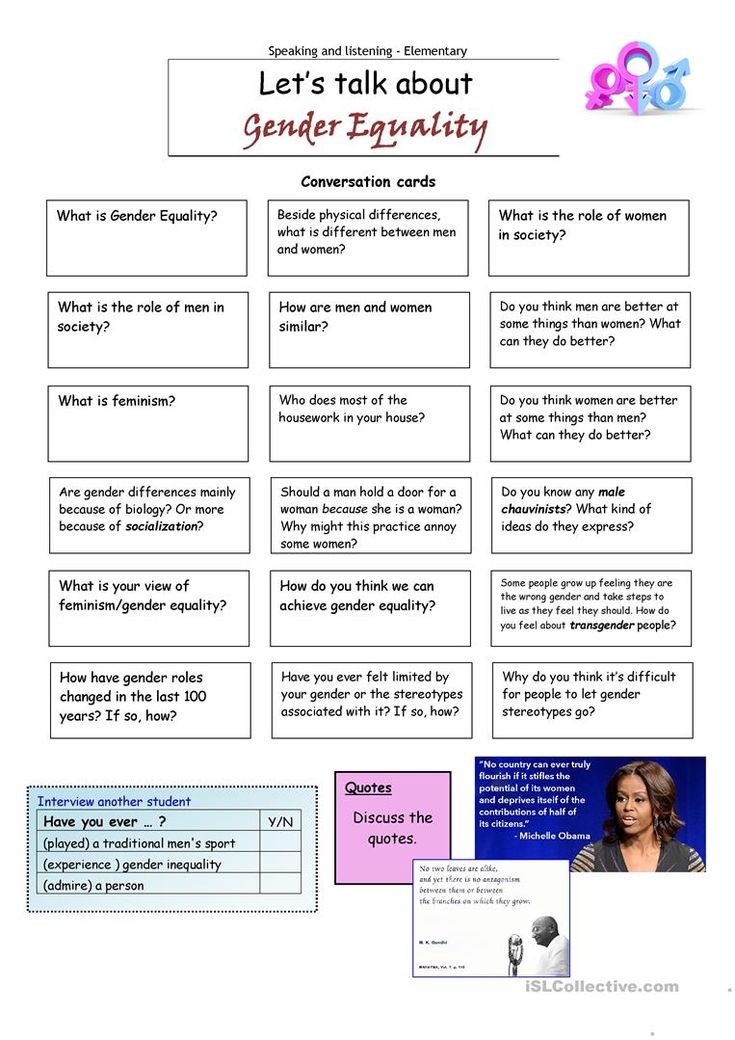 It tells you about the growth of an individual from infancy until the end of adolescence and how each child is different from the other, not just physically but also in their thought process and personality. A child mind is said to be like clay. He takes shape just the way you mould him. Therefore, understanding your child is of utmost importance for all parents.
It tells you about the growth of an individual from infancy until the end of adolescence and how each child is different from the other, not just physically but also in their thought process and personality. A child mind is said to be like clay. He takes shape just the way you mould him. Therefore, understanding your child is of utmost importance for all parents.
What is Child Psychology?
Child Psychology is a field of study which delves into the mental, emotional and behavioural development of a child. It traces the entire journey of children from infancy until the end of adolescence and studies their cognitive and intellectual development.
Importance of Understanding Child Psychology
The early years of an individual’s life are crucial for their emotional, social and physical wellbeing. This has an overall impact on their personalities as adults. Research says that the early years play a significant role in brain development too. A person’s early experiences both with their parents as well as with the outside world profoundly affect their future physical, cognitive, emotional and social development.
Tips to Understand Child Psychology
Understanding the psychological needs of a child is not easy, but it needs to be done. Children at different stages of development behave in different ways. A child of 5 – 6 years will behave differently than an adolescent.
Realising and accepting your child’s likes, dislikes, qualities (good or bad) is the key to being a good parent. When you accept them just the way they are, they get a sense of security. Here are a few tips to help you understand your child:
1. Observe
You need to know your child if you want to understand him. It is possible to do so simply by being around him and observing him. When you see him playing, asking for a certain thing, reacting in a certain manner to situations, his interaction with others, etc., you get to know a great deal about his overall personality.
2. Be Your Child’s Best Friend
Making your child realise that you are always there for him whenever he needs you can be your first step towards attaining this goal.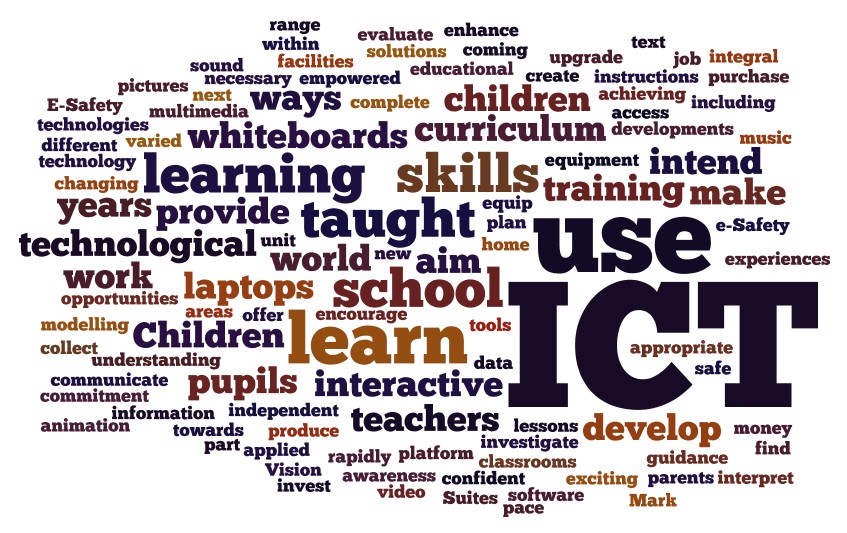 This will make him feel secure, loved and wanted. Help him to open up to you.
This will make him feel secure, loved and wanted. Help him to open up to you.
3. Spend Quality Time With Your Child
Being around your child isn’t enough. To know him better, do activities together like playing games, cooking (children are always eager to help), cleaning up cupboards or his room, etc.
4. Praise Your Child
Praising him for good work done will boost his self-esteem. However, overpraise can make him arrogant and snobbish.
5. Listen
By listening to your child, you get to know him more. Doing so will make him feel that you are interested in his life. This will in turn help to strengthen the bond between you two.
6. Talk
Talking to your child about things that are of interest to him could help him open up to you. In this way, you could initiate conversations more easily and get to know your child better.
7. Give Full Attention While Talking
Always maintain eye contact while talking to your child. By doing so, you will make sure your child believes that you are listening and what he’s saying is of utmost importance to you.
8. Give Respect
When your child talks about any of his insecurities, fears, or any situation where he has been put to shame, do not laugh or ridicule him. You need to understand that for a child (especially during his adolescent years), it isn’t particularly easy to open up. It must have taken a lot of courage on his part to do so.
9. Explain Things
Children up to the age of 5 – 6 will abide by all the rules created by you or the decisions you have taken for their betterment. The real problem lies with adolescents. Blame it on their age. In such situations just try and explain as to why you had to take a certain decision or do a certain thing. At that moment they may be angry with you, but eventually, with time, they will understand.
10. Take an Opinion
Ask for his opinion where it is necessary. Doing so will make him feel important and will raise his self-worth.
11. Discover the Reasons Behind Their Behaviour
If your child has been misbehaving or has shown some negative behaviour, try to find out the cause behind it.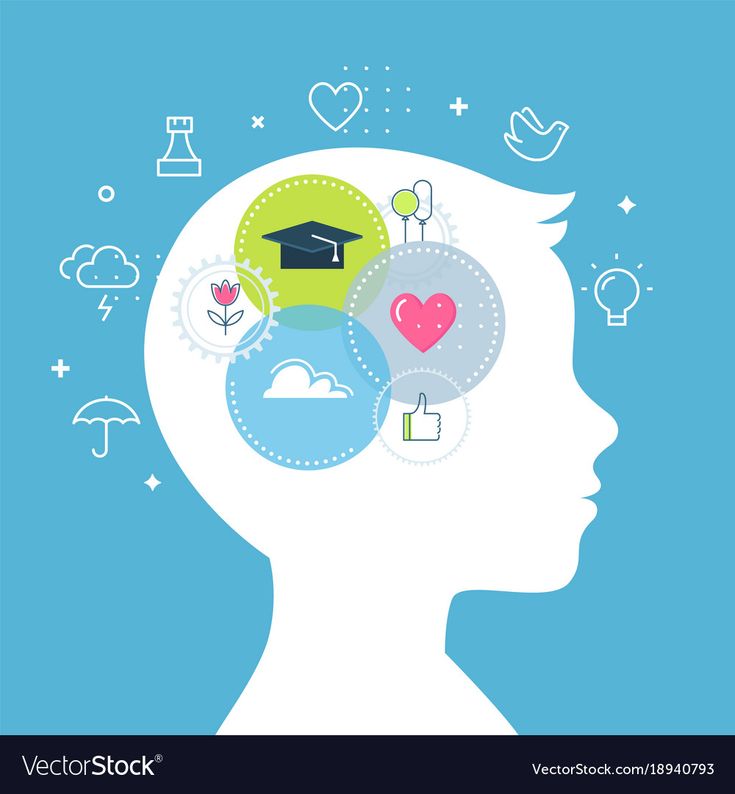 By doing so, you will find out where you’ve been going wrong as a parent, and it will give you a chance to enhance your parenting skills.
By doing so, you will find out where you’ve been going wrong as a parent, and it will give you a chance to enhance your parenting skills.
12. Know Their Likes and Dislikes
Knowledge about what your child likes and dislikes will also help you know them better.
13. Freedom of Expression
Allow your child to express himself the way he wants to. You could get a glimpse of how he thinks or what he wants.
14. Don’t Be Too Curious
Every parent is eager to know what is happening in their child’s life, especially in case your child is an adolescent; but don’t be overly curious. Too much curiosity on your part could make him feel that you don’t believe in him, and this could end the bond between the two of you.
15. Think Like Them
It is important to think like your child while talking to him or doing an activity together. This will give him a sense of familiarity.
16. Let Their Imagination Take Wings
While taking a stroll with your little one, observe him.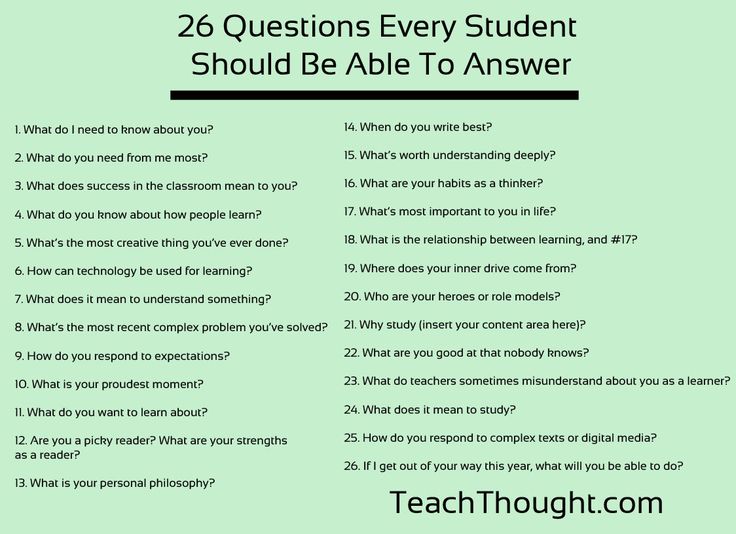 He may see something quite different from what you are seeing. Do not stop him when he does so. This will help you get an insight into his inner world.
He may see something quite different from what you are seeing. Do not stop him when he does so. This will help you get an insight into his inner world.
Recognising the Problems with a Child’s Psychological Development
Parents have an innate ability to understand when something is not right with their child. So how can you, as a parent, get a clear idea as to what is going on? It’s best to ask people who are close to your child.
1. Friends
Ask friends who have children in a similar age group and find out what their kids are like? Do they speak, are they able to write, eat on their own, follow instructions, etc. In case of an adolescent kid, you could ask his friends how he is at school, his behaviour towards his peers and others, etc.
2. Internet
You may also search the internet for your queries, but make sure you only follow reliable content.
3. Teachers
During Parent-Teacher Meets, the teacher may also be able to throw some light on your child mental health and wellbeing in general.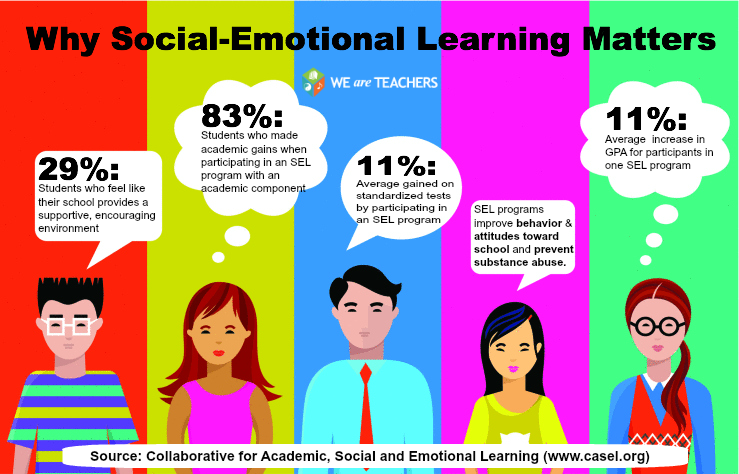 You may ask her if she has noticed anything different in your child.
You may ask her if she has noticed anything different in your child.
4. Caregivers
In today’s time in many families when both parents are working, it may be necessary to hire a babysitter for your kid. She is the one who gets to be with him the most. Therefore, she is the best person to ask when you feel that something is amiss.
5. Paediatrician
A Doctor can easily detect any shortcomings in a child during the scheduled visits for vaccinations or check-ups.
6. Psychologists
A psychologist will be the best person to answer any queries regarding child psychology. He can help in case of any behavioural issues like depression, low self-esteem, anxiety/phobias or different types of disorders like Autism, ADHD, etc. in the child.
What Are the Different Psychological Disorders in Children?
Many psychiatric disorders in children are due to physiological genetic constituent. However, there are many of them without any physical causes. Some disorders may be diagnosed early in life, but some are not detected until adulthood. Here is a list of them:
Here is a list of them:
1. Attention Deficit Hyperactivity Disorder (ADHD)
In ADHD a child has problems in paying attention and is hyperactive. His actions are difficult to control.
2. Intellectual Disability
In this case, the child has limitations in intellectual functioning and is significantly impaired in adaptive behaviour.
3. Autism Spectrum Disorder
It is a serious developmental disorder in which the child can neither communicate nor interact. It affects the nervous system and overall development of the individual.
4. Conduct Disorder
It is diagnosed either during childhood or adolescence. Children with this disorder have great difficulty following rules and behaving in a socially acceptable way.
5. Adjustment Disorder
This is characterised by a group of symptoms like stress, feeling sad or hopeless and physical symptoms of losing weight etc. This usually occurs due to a serious emotional event like the death of a near one, shifting to some other place, change of school etc.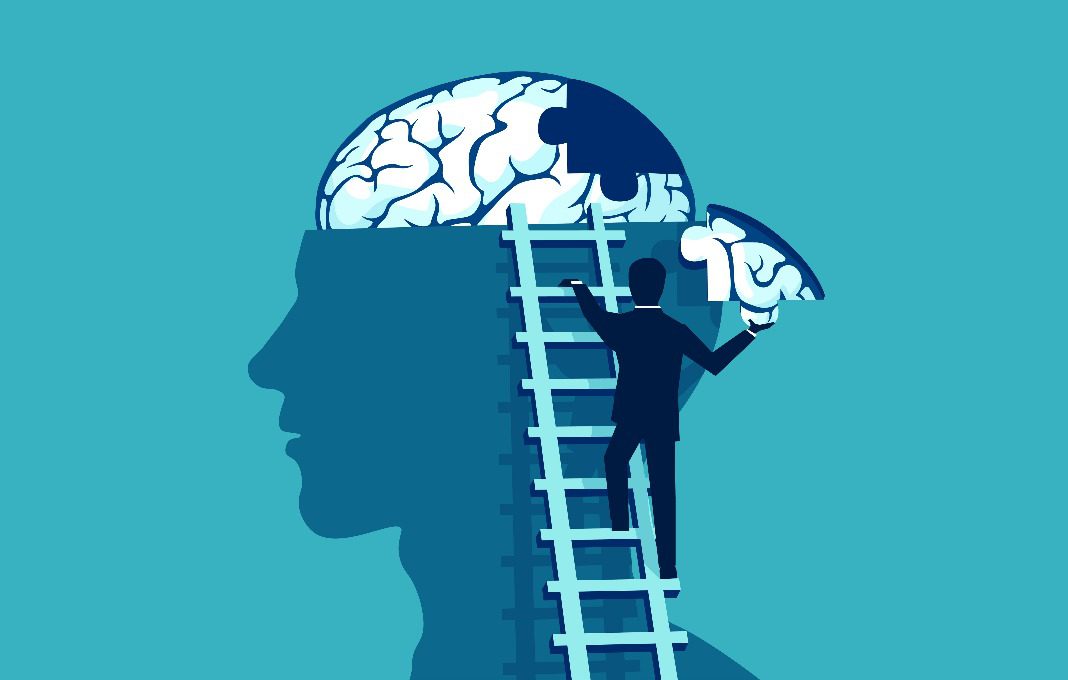
6. Adopted Child Syndrome
It is a disorder found among some adopted kids and happens due to a number of psychological and emotional problems like bonding with the adoptive parents, an attachment to the place they lived in earlier or the people they were living with. It often results in lying, stealing and aggressive behaviour towards the adoptive parents.
7. Stereotypic Movement Disorder
It is a disorder in which the person engages in a repetitive purposeless movement which may interfere with normal daily functioning. This disorder mostly occurs in children with autism, intellectual disabilities or developmental disabilities.
8. Childhood Schizophrenia
It is a rare disorder in children but severe mental disorder in which children interpret reality abnormally. In this type of disorder, the child may experience hallucinations, delusions and extremely disordered thinking, and exhibit behaviour which may affect everyday life.
9. Selective Mutism
It is a childhood Anxiety Disorder and is mainly a child’s inability to speak and communicate in social settings like school or any place where he does not feel secure and comfortable.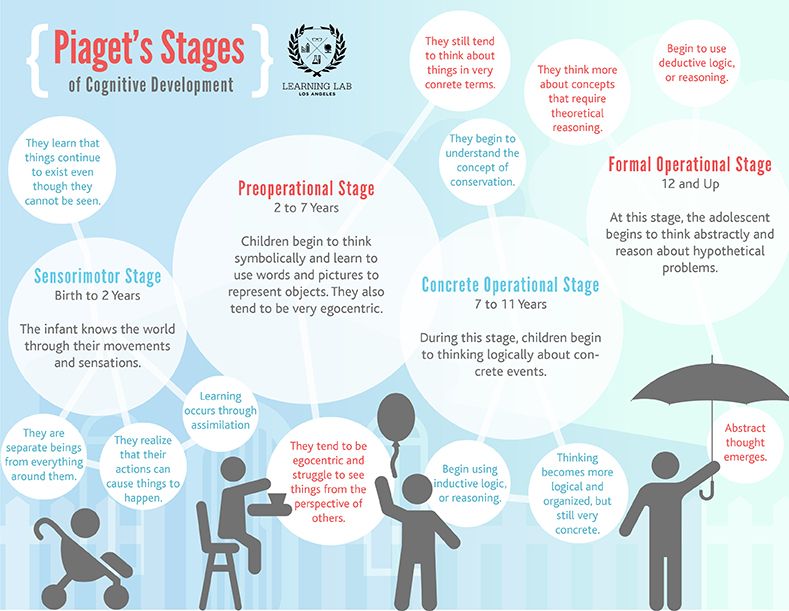
10. Sluggish Cognitive Tempo
An Attention Disorder where the child seems to be in a different world and is sleepy, lethargic, hypoactive and confused. He also moves about slowly and is often found staring at random objects for a prolonged period.
11. Disruptive Mood Dysregulation Disorder
It is a mental disorder that occurs in children and adolescents. It is a condition in which a child experiences extreme irritability, anger, and frequent intense temper outbursts.
How Can a Child Psychologist Help?
Childhood Development psychology is a vast and varied subject. It is not easy for a layperson to answer questions on it or help a child with psychological development problems. In such cases, only a specialist could help. Child Psycho-therapists can help in a lot of ways. They are trained to help children with family problems, issues at school, health-related problems, and difficult relationships. They also specialise in helping children with disorders like ADHD, Schizophrenia, Depression, Anxiety, Eating Disorders, etc.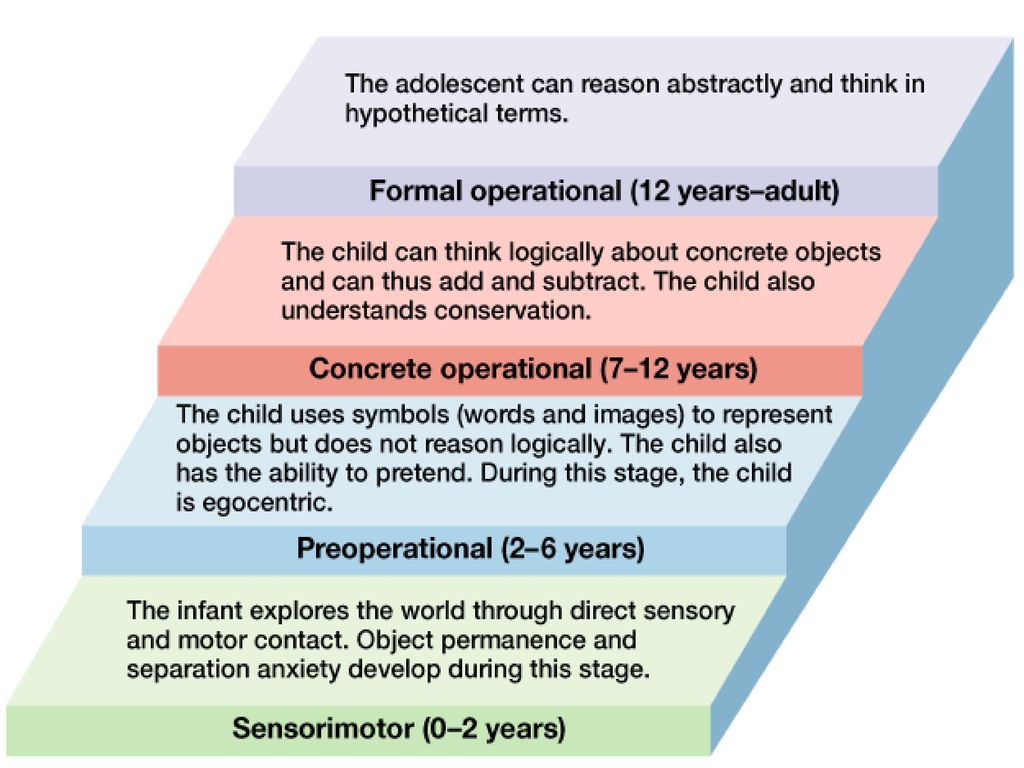
Child Psycho-therapists also work on the development of a child’s mental health and focus on their overall development-cognitive, social, emotional and linguistic.
Childhood is a very important phase. A bad childhood could have a negative impact on the individual’s adulthood as well. Therefore, awareness of your child’s personality is an essential part of parenting. Only if you know your child well, will you be able to focus on his talents and positives, which, in turn, will give him a well-rounded personality in the years to come.
Child psychology — Human psychology
Children are the living flowers of the earth…
Maxim Gorky
Child psychology is a science that studies the psychology of a child, his behavior and the patterns of his mental development. Its significance for our life is enormous. After all, with the help of child psychology, we learn how to properly raise our children in order to make them worthy people who will be accepted by society and will be able to fully reveal and realize themselves.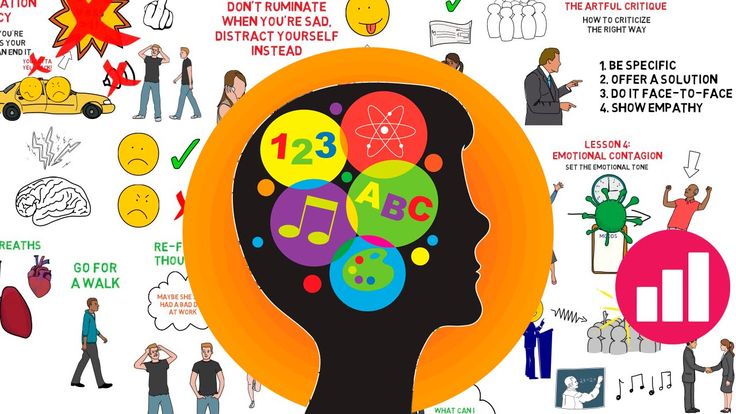 It is we and no one else who are responsible for who our children will become. Therefore, I suggest that you, dear readers, carefully read this article to the end, because in it I will briefly tell you about the most important points in child psychology that you need to know about in order to competently raise your children. nine0009
It is we and no one else who are responsible for who our children will become. Therefore, I suggest that you, dear readers, carefully read this article to the end, because in it I will briefly tell you about the most important points in child psychology that you need to know about in order to competently raise your children. nine0009
The best thing parents can do for their children is to truly love them. This is the most important point in child psychology. If parents love their child, then all the necessary knowledge on how to educate him in order to help him develop and become stronger, smarter, more adapted to life, they will certainly be found and mastered. Today there are no problems with the information necessary to solve various problems and tasks, despite the fact that there is a lot of it and therefore it is easy to get confused in it. The problem mainly lies in the lack of demand for information that is useful and necessary for life. For the same child psychology, not all people who have children or who are going to have them show sufficient interest.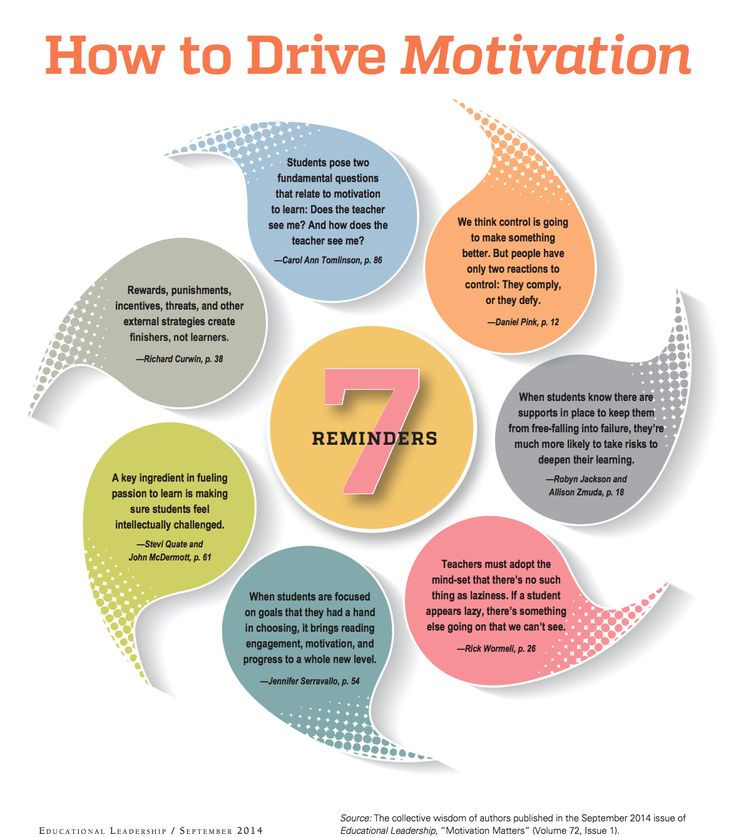 According to my observations, the psychology of children is of interest primarily to those people who truly love their children and all children in general, and for whom children are a value, and not just those who can be born and then left to the mercy of fate. So if you, dear readers, are among those people who, like me, love and appreciate children, and not only their own, but in general, then I am sure that this and my other articles on child psychology , you will read with interest and pleasure. Well, let's see what other important points contain child psychology. nine0009
According to my observations, the psychology of children is of interest primarily to those people who truly love their children and all children in general, and for whom children are a value, and not just those who can be born and then left to the mercy of fate. So if you, dear readers, are among those people who, like me, love and appreciate children, and not only their own, but in general, then I am sure that this and my other articles on child psychology , you will read with interest and pleasure. Well, let's see what other important points contain child psychology. nine0009
Psychology of child development
We all know very well that a child's social development begins with his relationship with those around him. In the first years of life, as, indeed, in subsequent years, the child learns by imitating those who are constantly next to him, and next to him, as a rule, are his parents, who by their example teach him right [or wrong] behavior. Therefore, to a large extent, the child is a reflection of his parents, and as one great book says: "By their fruits you will know them.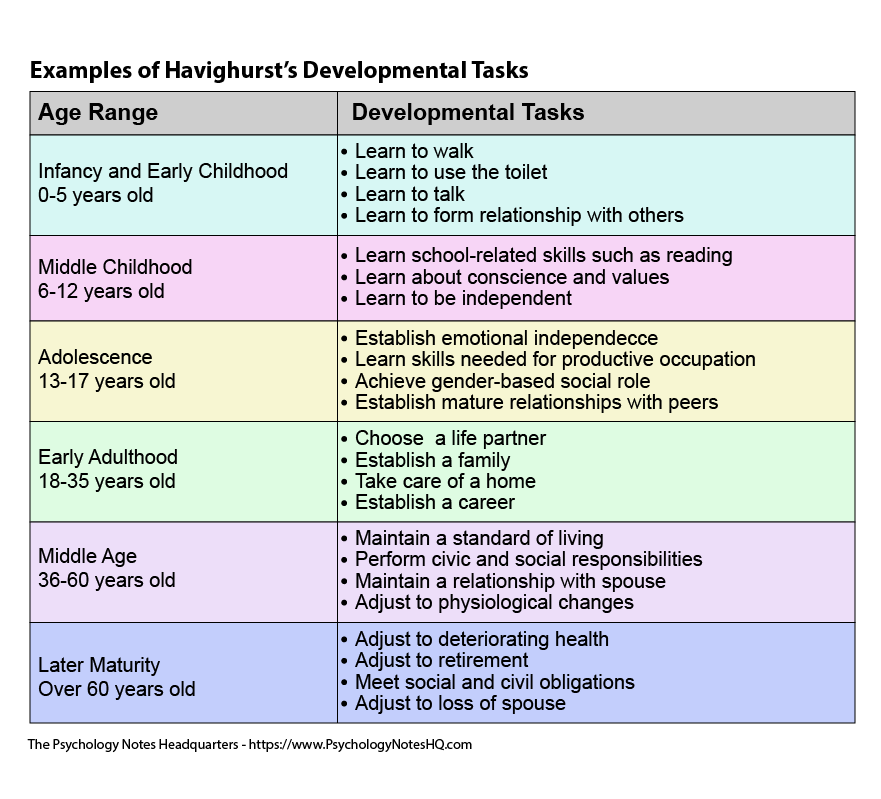 " A child learns a lot from parents or from those who replace them, who is constantly next to him and from whom he can take an example. What does this mean for parents, or those who are going to become parents? This means that you need to learn how to properly raise children so that they grow up worthy, happy people, but at the same time you should not forget about your own behavior and not let it contradict words. A child in his development will inevitably copy his parents, so it is important that what parents teach him does not diverge from what they do. nine0009
" A child learns a lot from parents or from those who replace them, who is constantly next to him and from whom he can take an example. What does this mean for parents, or those who are going to become parents? This means that you need to learn how to properly raise children so that they grow up worthy, happy people, but at the same time you should not forget about your own behavior and not let it contradict words. A child in his development will inevitably copy his parents, so it is important that what parents teach him does not diverge from what they do. nine0009
It is possible that for the sake of their child, parents will need to change themselves and their behavior in order to show him a worthy example to follow. But for this you still need to know - what is useful for the child and what is harmful, that is, what needs to be taught and when it needs to be taught, and what should not be taught, or worth it, but at the right time, that is, at a certain age . Parents will be helped in this by child psychology, which they need to study constantly in order to understand their child better than anyone else.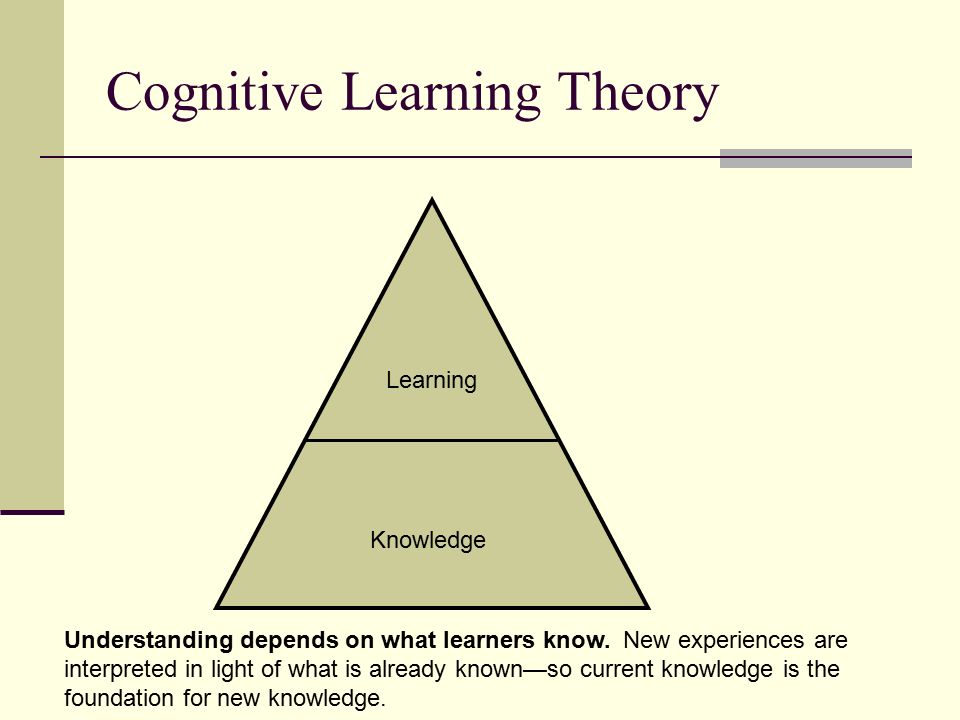 Even a superficial knowledge of child psychology can significantly improve parents' understanding of the reasons for their child's behavior, thanks to which they can influence him in the right way. After all, if we buy a washing machine or a TV, we study the instructions that come with them in order to use them correctly. Well, why do some, and perhaps many of us, think that raising children should be different, that for this, such an important and responsible matter, you don’t need to know anything, but just do what our parents did with us when raised us? Do you, friends, generally like the kind of people you have become, after the upbringing and training that you have gone through? If you like it, then take the best of this experience and apply it to your children, and if you don’t like it, then you definitely need to start studying child psychology so that your children become better than you, and you can rightly be proud of them. Raising a child is a very complex and responsible process, for the implementation of which it is necessary to have patience and knowledge, since any mistakes and shortcomings in this work will negatively affect the psychological development of the child.
Even a superficial knowledge of child psychology can significantly improve parents' understanding of the reasons for their child's behavior, thanks to which they can influence him in the right way. After all, if we buy a washing machine or a TV, we study the instructions that come with them in order to use them correctly. Well, why do some, and perhaps many of us, think that raising children should be different, that for this, such an important and responsible matter, you don’t need to know anything, but just do what our parents did with us when raised us? Do you, friends, generally like the kind of people you have become, after the upbringing and training that you have gone through? If you like it, then take the best of this experience and apply it to your children, and if you don’t like it, then you definitely need to start studying child psychology so that your children become better than you, and you can rightly be proud of them. Raising a child is a very complex and responsible process, for the implementation of which it is necessary to have patience and knowledge, since any mistakes and shortcomings in this work will negatively affect the psychological development of the child.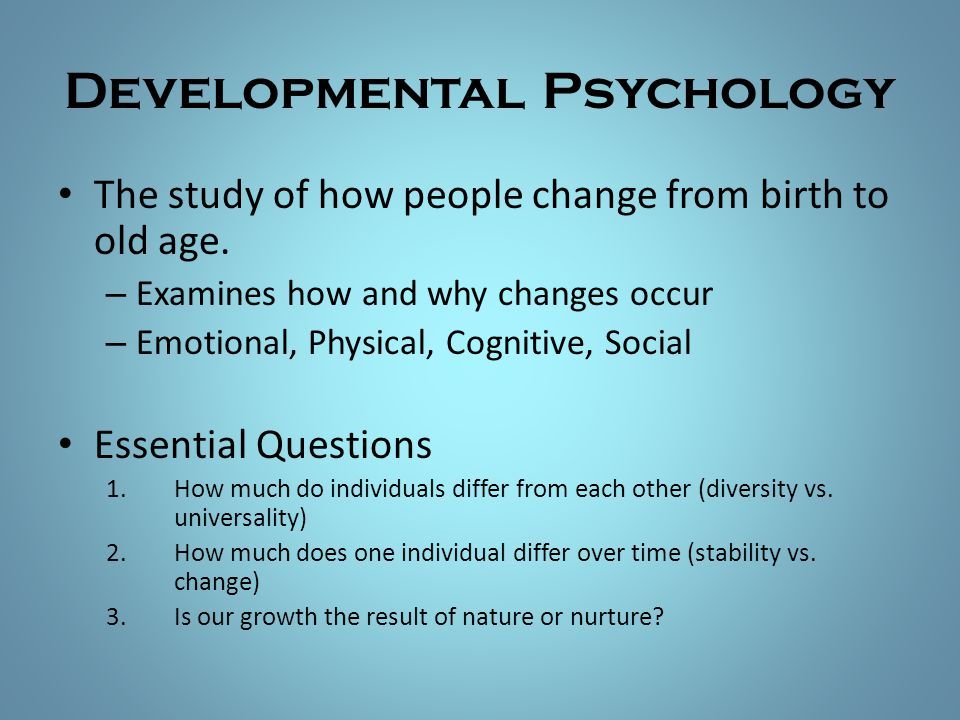 And this is not a job in which we can afford to make mistakes, because we are talking about our children - our future. nine0009
And this is not a job in which we can afford to make mistakes, because we are talking about our children - our future. nine0009
Character formation in children
Character formation begins in early childhood, when the child is just beginning to learn about the world around him. There is an opinion according to which the character of the child is formed even in the womb, and I completely agree with him, but at the same time I still believe that to a large extent it is formed after the birth of the child, when his perception of the world becomes sharper and more direct. Life experience quickly leaves its mark on the personality of the child. After all, the task of the child is to survive and adapt to the conditions of the human world, therefore, such qualities will develop in him that the conditions of the outside world will require from him. Therefore, it is important to understand that the attitude of the people around him, mainly parents, affects the character of the child.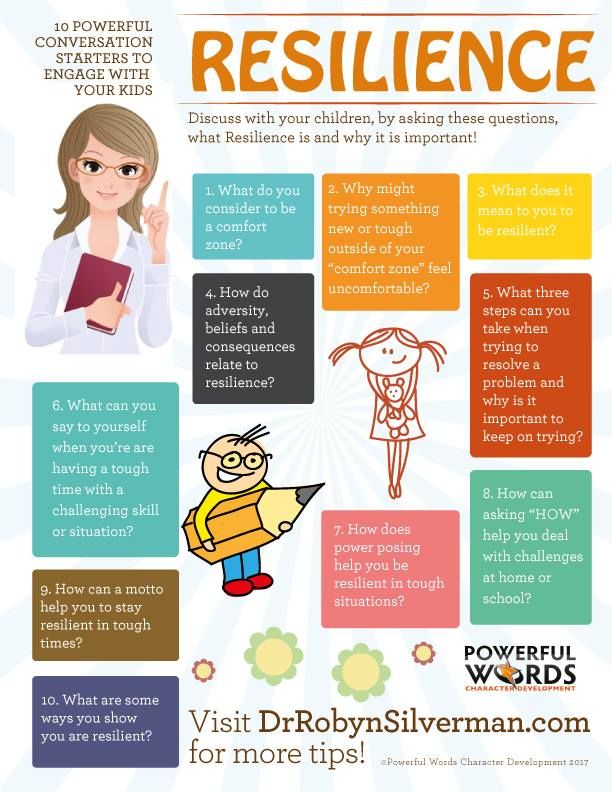 If you constantly yell at a child, insult, humiliate, suppress, beat, or even simply ignore him, not giving him the attention he really needs, then the child will grow up as a closed, insecure person, with low self-esteem. Or he will grow up to be an aggressive and possibly even cruel person, due to the lack of love and attention. In a word, nothing good, as a rule, grows out of a suppressed, oppressed, humiliated, deprived of love and attention child. Although you know, exceptions are not so rare, therefore, one should not talk about the doom of a child, seeing the incorrectness of his upbringing or the complete absence of it. Life is full of examples when children who grew up in the most dysfunctional families, in which they were treated terribly, grew up not only normal, but also very successful and happy people. Conversely, children who grew up in normal families and received an abundance of love, attention and care may well become people with a very difficult or weak character, or antisocial personalities.
If you constantly yell at a child, insult, humiliate, suppress, beat, or even simply ignore him, not giving him the attention he really needs, then the child will grow up as a closed, insecure person, with low self-esteem. Or he will grow up to be an aggressive and possibly even cruel person, due to the lack of love and attention. In a word, nothing good, as a rule, grows out of a suppressed, oppressed, humiliated, deprived of love and attention child. Although you know, exceptions are not so rare, therefore, one should not talk about the doom of a child, seeing the incorrectness of his upbringing or the complete absence of it. Life is full of examples when children who grew up in the most dysfunctional families, in which they were treated terribly, grew up not only normal, but also very successful and happy people. Conversely, children who grew up in normal families and received an abundance of love, attention and care may well become people with a very difficult or weak character, or antisocial personalities.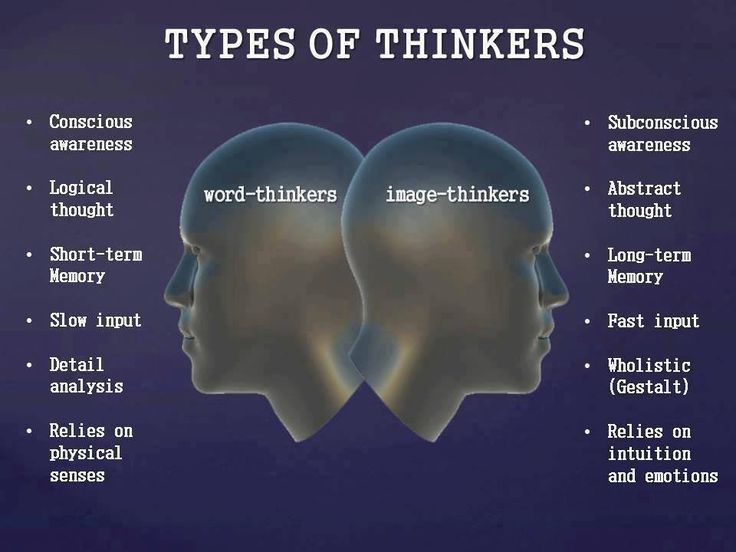 But despite this, it is by no means impossible to let the upbringing of a child go by itself, treating him as he pleases, and not as he should - this is extremely irresponsible. You should not rely on exceptions when talking about the attitude towards the child, because exceptions are exceptions, not rules. So treat your child as if he is a special, exceptional person, so that he becomes that way. And don't tell him that he's a loser and a weakling if you don't want him to be. Parents shape the character of their child, their attitude towards him. It is in their power to make him a strong or weak person. nine0009
But despite this, it is by no means impossible to let the upbringing of a child go by itself, treating him as he pleases, and not as he should - this is extremely irresponsible. You should not rely on exceptions when talking about the attitude towards the child, because exceptions are exceptions, not rules. So treat your child as if he is a special, exceptional person, so that he becomes that way. And don't tell him that he's a loser and a weakling if you don't want him to be. Parents shape the character of their child, their attitude towards him. It is in their power to make him a strong or weak person. nine0009
Parenting
Now let's take a closer look at the upbringing of children to understand what is the most important role in this process. As I said above, the main thing in raising a child is the people around him and their behavior. Children do not need to be told what and how they should do - they need to show it by their own example. Parents for the child are authorities, but they can easily lose this authority if they are not fair and consistent in their behavior, and deceive the child, not keeping their promises and not answering for their words.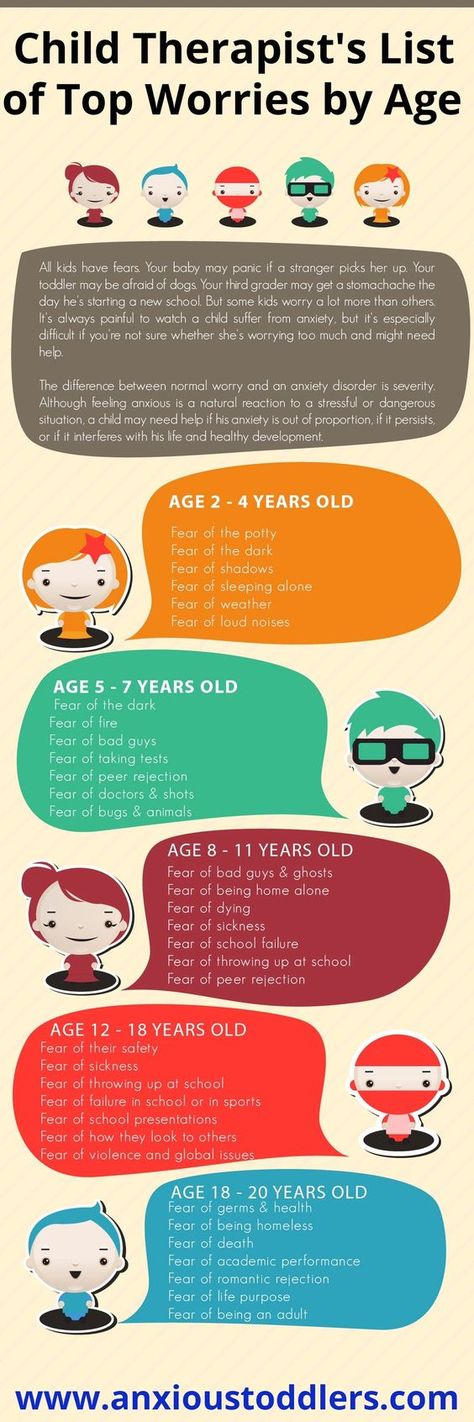 Therefore, it is important, very important - to be a worthy example for your children, so that they strive to be like their parents, to adopt all their habits and behavior, to accept their values and worldview. In the process of education, it is inevitable to use both a stick and a carrot, but if the parents punish the child, the punishment should be fair, and if they praise him, then this praise should be deserved. And if parents buy something, give something to their child, then they need to tie their gift to some achievement of the child, so that he understands that in this life any reward is the result of achieving some results. Common sense in the matter of raising a child is the key to success. But to have common sense, you need to study what you want to understand. So I once again urge you, dear parents, to start actively studying child psychology in order to have the same common sense, thanks to which you will be able to competently and even wisely raise your children. nine0009
Therefore, it is important, very important - to be a worthy example for your children, so that they strive to be like their parents, to adopt all their habits and behavior, to accept their values and worldview. In the process of education, it is inevitable to use both a stick and a carrot, but if the parents punish the child, the punishment should be fair, and if they praise him, then this praise should be deserved. And if parents buy something, give something to their child, then they need to tie their gift to some achievement of the child, so that he understands that in this life any reward is the result of achieving some results. Common sense in the matter of raising a child is the key to success. But to have common sense, you need to study what you want to understand. So I once again urge you, dear parents, to start actively studying child psychology in order to have the same common sense, thanks to which you will be able to competently and even wisely raise your children. nine0009
Teaching children
Perhaps someone will disagree with me, but I reasonably believe that a person is not born with ready-made abilities - he acquires them in the process of learning and becomes what he becomes, thanks precisely to training and upbringing , and not a natural predisposition to a particular occupation. In nature, there are not and cannot be born merchants, lawyers, accountants, plumbers, cooks, builders, and so on, which means that there are no and cannot be born winners and losers in this life, so we can all be whoever we want, and we must help our children to become those whom it is beneficial for them to be in this world. There is no need to ask a child what he wants to be when he grows up, because he does not know enough about life to choose who it is beneficial for him to be. Not every adult knows who it is beneficial to be in this world, so many parents turn to child psychologists for help, asking them to help choose a profession for their child, an occupation they like. They do not understand that a child’s favorite activity can be an activity that, firstly, is interesting to him, and in order for him to be interested, it must impress him, and secondly, which will be beneficial to him. And it is in the power of parents to make it interesting for their child to engage in some specific activity that is beneficial to engage in this world.
In nature, there are not and cannot be born merchants, lawyers, accountants, plumbers, cooks, builders, and so on, which means that there are no and cannot be born winners and losers in this life, so we can all be whoever we want, and we must help our children to become those whom it is beneficial for them to be in this world. There is no need to ask a child what he wants to be when he grows up, because he does not know enough about life to choose who it is beneficial for him to be. Not every adult knows who it is beneficial to be in this world, so many parents turn to child psychologists for help, asking them to help choose a profession for their child, an occupation they like. They do not understand that a child’s favorite activity can be an activity that, firstly, is interesting to him, and in order for him to be interested, it must impress him, and secondly, which will be beneficial to him. And it is in the power of parents to make it interesting for their child to engage in some specific activity that is beneficial to engage in this world.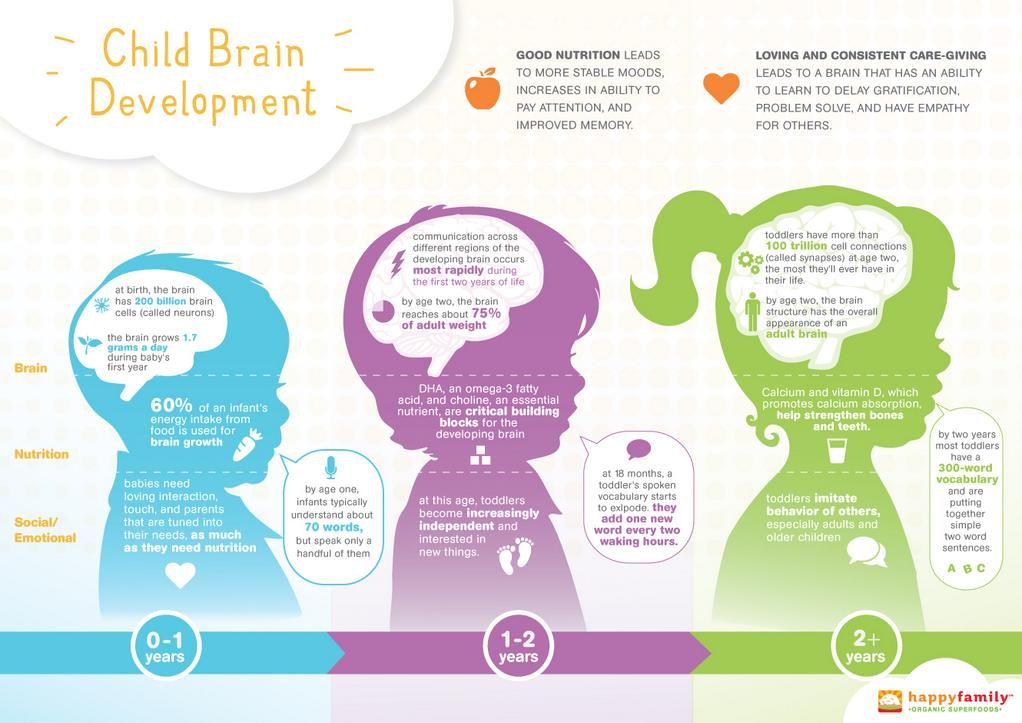 That is, you need to make sure that the child is impressed by this or that activity [correct activity], so that he becomes infected with it, taking an example, say, from his parents, who, thanks to their authority, will become for him the best example of who and what you need to be and what you should strive for in order to be successful and happy. After all, if, say, you play chess with a child from an early age, in a benevolent atmosphere, when the child feels good and interested next to his parents, when he feels their care and love, then he will inevitably become addicted to chess and, having matured, will surely become a good chess player. You can teach a child absolutely everything, the main thing is to study with him, so that he would be interested in learning, and that he would receive praise from his parents for his academic success. Talent is not born, talent is developed. Well, who is beneficial to be in this world, an adult must see and understand for himself, he has all the examples before his eyes.
That is, you need to make sure that the child is impressed by this or that activity [correct activity], so that he becomes infected with it, taking an example, say, from his parents, who, thanks to their authority, will become for him the best example of who and what you need to be and what you should strive for in order to be successful and happy. After all, if, say, you play chess with a child from an early age, in a benevolent atmosphere, when the child feels good and interested next to his parents, when he feels their care and love, then he will inevitably become addicted to chess and, having matured, will surely become a good chess player. You can teach a child absolutely everything, the main thing is to study with him, so that he would be interested in learning, and that he would receive praise from his parents for his academic success. Talent is not born, talent is developed. Well, who is beneficial to be in this world, an adult must see and understand for himself, he has all the examples before his eyes.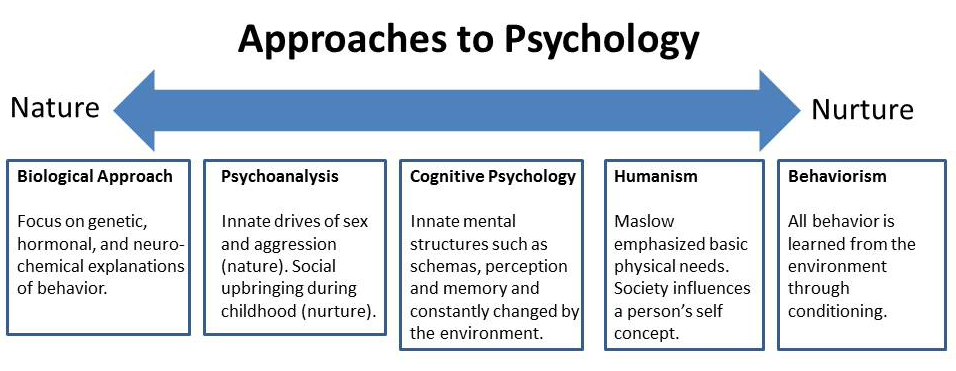 In short and simple, those who manage people and money are the best in this world. nine0009
In short and simple, those who manage people and money are the best in this world. nine0009
The development of the intellect in children
The development of the intellect in children, like everything else, begins from the first days of their life and is ongoing. Any information, every little thing perceived by the child's senses affects his intellect. Therefore, it is important to constantly influence the child's senses in such a way as to arouse his interest in something - to communicate, to play, to look at some unusual things that he will explore. His brain must work, and for this something must happen in the outside world, so that the child will learn and study, as far as it is in his power. It is necessary to constantly talk with a child, because the more new words he hears every day, the more actively his intellect will develop and the faster he will speak. There should be a lot of toys and other things surrounding the child. By playing different toys and learning different things, the child gains the experience necessary for the development of his intellect, so the more toys and things he has, the faster his thinking and behavior will become more complicated.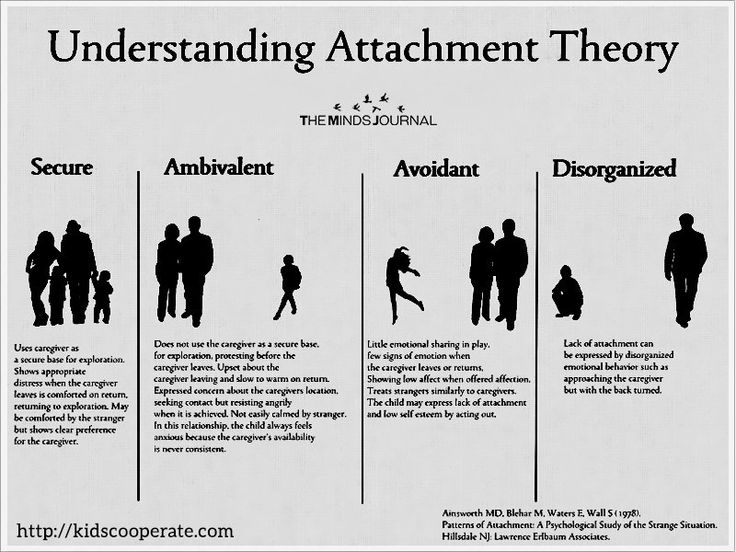 In general, the more different things a child does, the more often his parents play and communicate with him, the better for his intellect. Well, then, as the child grows up, he can and should be carried away by various intellectual tasks, creative activities, memory exercises, and so on. The bottom line is to arouse in the child an interest in learning, in knowledge, in studying, and for this he must be constantly praised and encouraged in every possible way for any, even the most insignificant success in learning, so that he is not afraid, but loves to learn. By nature, we all want to learn, discover, explore, learn, but this desire must be supported, not beaten off. Therefore, there should be a minimum of criticism during training, especially at an early age, when the child's psyche is not yet strong enough to perceive this criticism. Learning should be perceived by the child as a game in which he constantly wins. And we, adults, must understand that any game is learning, so it is important to choose the right games to learn and teach the right things.
In general, the more different things a child does, the more often his parents play and communicate with him, the better for his intellect. Well, then, as the child grows up, he can and should be carried away by various intellectual tasks, creative activities, memory exercises, and so on. The bottom line is to arouse in the child an interest in learning, in knowledge, in studying, and for this he must be constantly praised and encouraged in every possible way for any, even the most insignificant success in learning, so that he is not afraid, but loves to learn. By nature, we all want to learn, discover, explore, learn, but this desire must be supported, not beaten off. Therefore, there should be a minimum of criticism during training, especially at an early age, when the child's psyche is not yet strong enough to perceive this criticism. Learning should be perceived by the child as a game in which he constantly wins. And we, adults, must understand that any game is learning, so it is important to choose the right games to learn and teach the right things.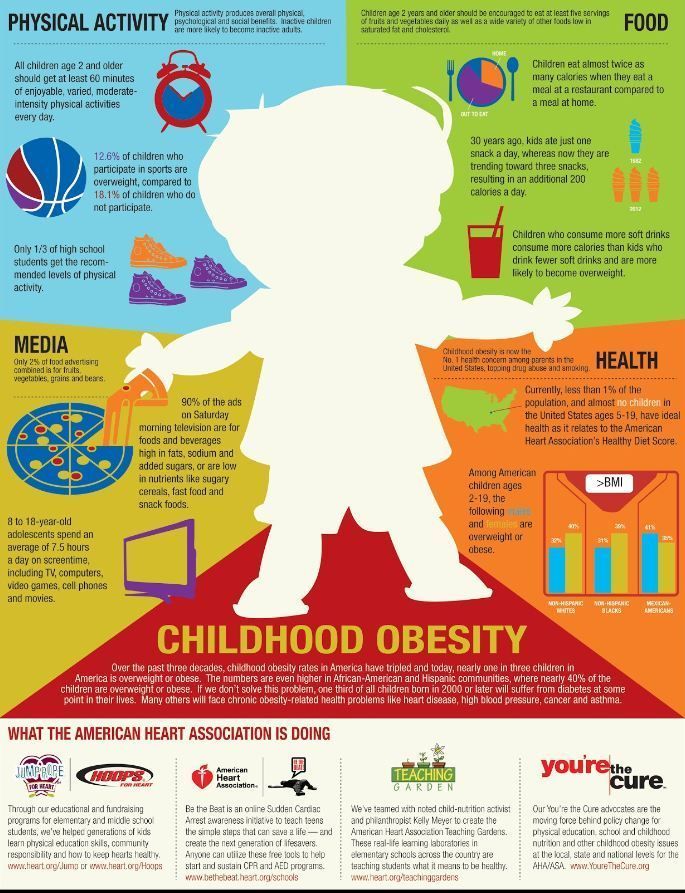 nine0009
nine0009
Communication with a child
The more rich and interesting communication a child has, the more socially adapted person he/she will become. Communication also affects the development of intelligence in the most positive way, so it is advisable for parents to communicate with their child as much as possible, of course, in a friendly tone and preferably on intellectual topics, depending on his age, since communication is different. In one case, communication helps a person, a child, to think and reflect on something, looking for meaning and truth in something, and in another, communication can be meaningless and meaningless and even harmful, depending on its form and purpose. Therefore, communication with a child, especially with an adult child, must be approached preparedly. But it is imperative to communicate with children, you can not leave them in front of a TV or computer, which will not know what they will be taught. We all need communication, some more, some less, but children are especially in need of it, because for them communication is one of the ways to know the world and the opportunity to feel like a part of it.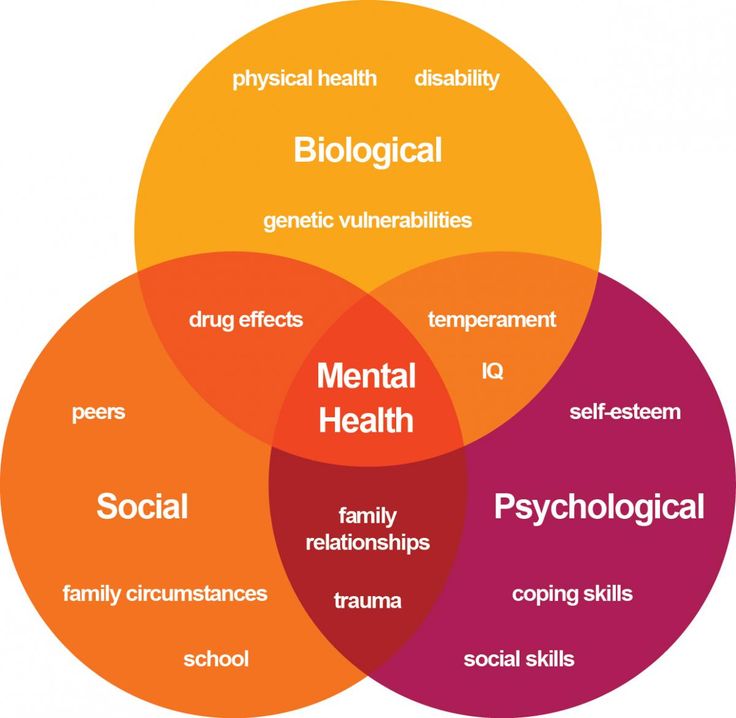 To communication with a child, we can also include playing with him, with the help of which his intellect and social skills develop. But the main thing is that frequent communication with the child and playing with him brings him closer to his parents. And this is very important for both the child and the parents. The more time the parents spend with the child, the more often they communicate with him, the closer he is morally to them, and the closer he is to them, the more he trusts them, and the more he trusts them, the more he will obey them, which , as you understand, is of great importance for any normal family that wants to be friendly and united. It will be difficult for parents to teach their child something to prepare him for life if he does not want to obey them. And he will obey them only if he trusts them. And trust must be earned. So communicate with your children, dear parents, give them your attention, teach them, help them to know this world, praise them for any, even the smallest successes, and your children will believe you and obey you.
To communication with a child, we can also include playing with him, with the help of which his intellect and social skills develop. But the main thing is that frequent communication with the child and playing with him brings him closer to his parents. And this is very important for both the child and the parents. The more time the parents spend with the child, the more often they communicate with him, the closer he is morally to them, and the closer he is to them, the more he trusts them, and the more he trusts them, the more he will obey them, which , as you understand, is of great importance for any normal family that wants to be friendly and united. It will be difficult for parents to teach their child something to prepare him for life if he does not want to obey them. And he will obey them only if he trusts them. And trust must be earned. So communicate with your children, dear parents, give them your attention, teach them, help them to know this world, praise them for any, even the smallest successes, and your children will believe you and obey you.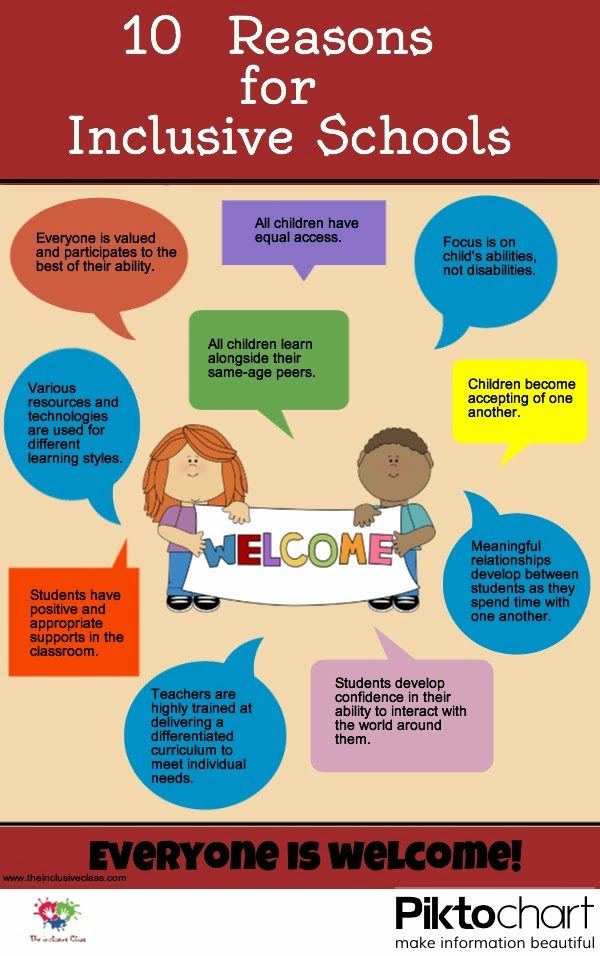 nine0009
nine0009
I will write more than one article about child psychology, as this is one of the most important topics for me, and I hope for you too, for the sake of which one should show interest in psychology in general. As you understand, what is written in this article is far from everything that I wanted and can tell you about child psychology, and this is not everything you need to know about it. Therefore, we will discuss child psychology with you, from various angles, in my future articles.
Children are our future, which we can make the way we make our children – by investing our time, effort and, of course, love in them. Child psychology is actually not as complicated as it seems to some people who are completely unfamiliar with it. You just need to show interest in this science in order to quickly learn to understand those who we ourselves once were. And I hope that you, dear readers, will show this interest in it, for the sake of yourself and your children. And I, in turn, promise that in the future I will write new, interesting, useful and informative articles on this topic.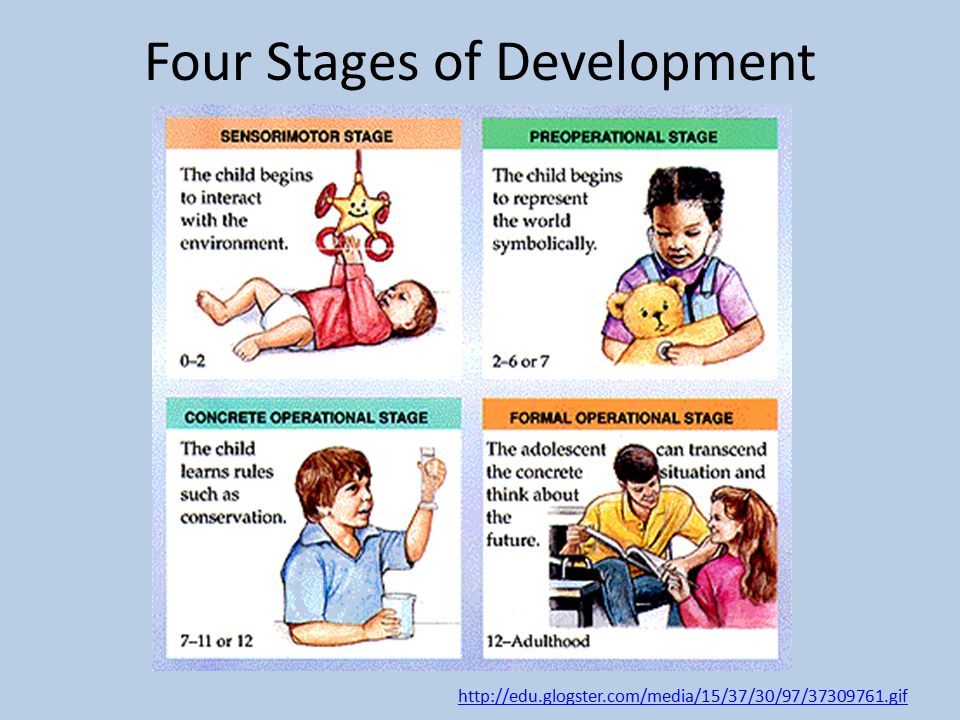 So read my site and you will learn a lot. nine0009
So read my site and you will learn a lot. nine0009
What is child psychology and why should parents study it
Do you want to raise your children adequately, wisely and consciously? You need knowledge about child psychology. Infant crying, “I myself” from a three-year-old, the beginning of school, adolescence - the stages of development of children, which are most often given to parents, are not easy. If you understand what happens to your child at each of these moments, it will be easier for you to bear them yourself and help the child go through the changes.
What is child psychology? nine0047
Child psychology is a branch of the big science of psychology. This is its direction, where scientists explore the patterns of mental development of the child. They study how children develop and form thinking, speech, attention, memory.
Child psychology is not the private opinion of some psychologist. Sometimes people ask a psychologist how many children he or she has. They think: the more a specialist in child psychology of children has, the better he understands it. But it's like asking a surgeon if he's done any surgery on himself. The psychologist does not transfer personal experience to work with clients. Child psychology is a scientific direction, and psychologists in their work with children are guided by proven concepts. nine0009
They think: the more a specialist in child psychology of children has, the better he understands it. But it's like asking a surgeon if he's done any surgery on himself. The psychologist does not transfer personal experience to work with clients. Child psychology is a scientific direction, and psychologists in their work with children are guided by proven concepts. nine0009
What research methods are used in child psychology? Child psychology not doing?
In our time of information boom, many directions have appeared, with the help of which parents are offered to better understand their children: children's astrology, children's numerology, children's palmistry and the like. In psychology, these disciplines are not considered scientific and evidence-based. nine0009
Who is required to study child psychology?
People who want to adopt a child must go through foster parenting school. For several months, they study, among other things, the age characteristics of children, the stages of adaptation of a foster child in a family, and possible psychological difficulties.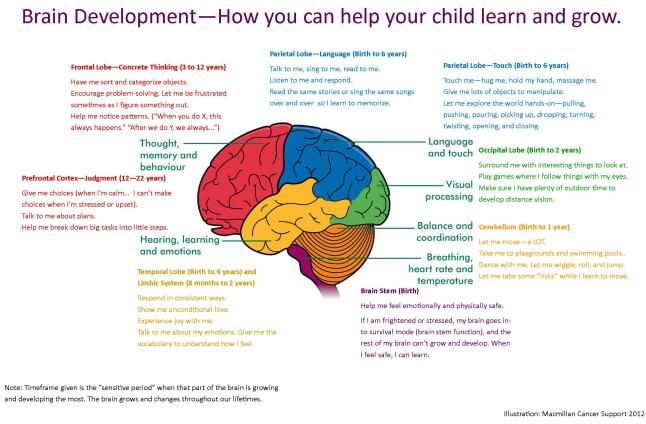 It would be great if future parents who are preparing for the arrival of their own child could attend centrally organized, free courses in child psychology. They usually have childbirth preparation courses available, which is great. But what about what happens after childbirth? It would be useful for future parents to receive basic information about how the child's psyche is formed. nine0009
It would be great if future parents who are preparing for the arrival of their own child could attend centrally organized, free courses in child psychology. They usually have childbirth preparation courses available, which is great. But what about what happens after childbirth? It would be useful for future parents to receive basic information about how the child's psyche is formed. nine0009
Why should parents study child psychology?
Mom and dad need to study child psychology in order to better understand their child and help him develop optimally. Parents actively read books and articles about how the baby develops physically: about growth and weight standards, teeth, breastfeeding, complementary foods, potty training, when children begin to roll over, sit, crawl, walk, hold a spoon, etc. A Here is knowledge about how the child's psyche develops, they strive to get not so often. As a result, they think that a child is the same person as an adult, only smaller. And make unrealistic demands on his behavior. nine0009
nine0009
When can a child understand the thought “daddy went to work”? Not until he begins to master speech. We think in words. Thinking, as adults understand it, appears only in those children who have already begun to speak. Rational, abstract thinking, the ability to see cause-and-effect relationships are not available to a child under four or five years of age. Until about five years old, there is no ability to put oneself in the place of another, because this is a complex mental operation.
Knowledge about this helps parents understand that the child does not understand something not out of spite, but simply because of age. When you understand what is behind the child's behavior, you can react differently to difficult situations. There are many interesting and effective tricks and ways to negotiate with your child. nine0009
It never occurs to anyone to get angry when a ten-month-old baby takes his first steps unsteadily. We don't chirp, "Why can't you get up and walk normally? Why are you losing your balance? No, we are touched and take pictures of him.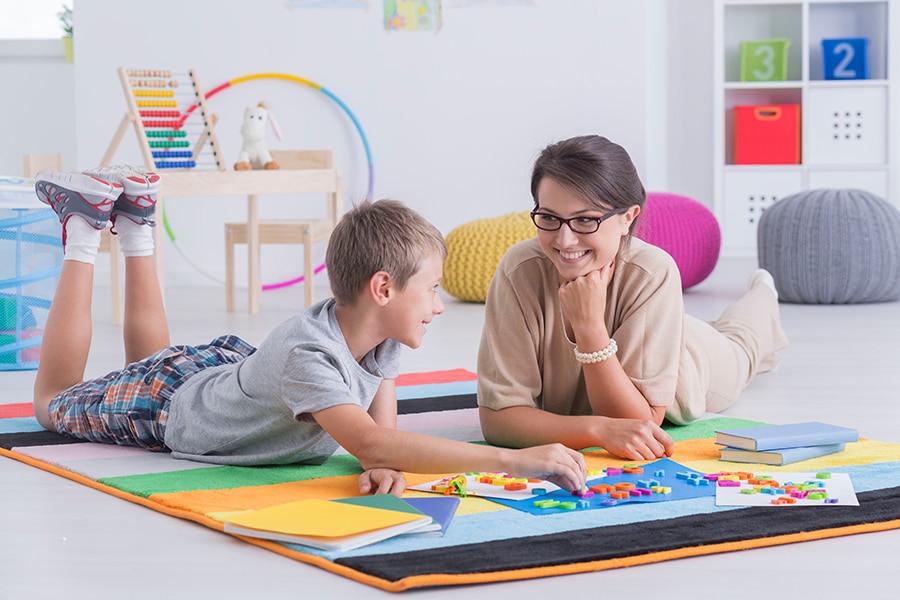 It is obvious to us that he is only learning - a huge number of changes are taking place in the child's psyche, but they are not so obvious. He cannot understand something, endure for a long time, plan, take into account the consequences, not because he is stubborn or poorly educated. He really doesn't know how to do it yet. For him, everything is incomprehensible: neither the world of objects around, nor the sphere of human relations. And while he is studying, he needs patience and support from his parents. nine0009
It is obvious to us that he is only learning - a huge number of changes are taking place in the child's psyche, but they are not so obvious. He cannot understand something, endure for a long time, plan, take into account the consequences, not because he is stubborn or poorly educated. He really doesn't know how to do it yet. For him, everything is incomprehensible: neither the world of objects around, nor the sphere of human relations. And while he is studying, he needs patience and support from his parents. nine0009
Imagine that you are learning something new, like dancing or a new sport. You completely trust the instructor because you know nothing about how to behave in a new field. And the instructor grumbles: “Why are you asking me stupid questions, what’s incomprehensible here? It is obvious. You have already asked me five times about this. Did you hear at all what I told you? What's so hard to remember?!" How quickly can you learn new things? With this attitude, you might even change your mind about studying this subject. nine0009
nine0009
The child cannot change his mind about growing up. But it is very important for him that the parent, who is his guide in the big world, understands and supports him. The speed of mastering the world, the desire to master this world, self-confidence and curiosity depend on how carefully, patiently, attentively the guide treats the “student”.
Knowledge about how a child develops and forms at each stage of childhood helps parents to be calm, adequate, reasonable, mature. If you do not understand the reasons for children's behavior, you can come up with motives that the child does not have, become irritable, impatient. You can switch to shouting, accusations, punishments. Such behavior will only slow down the development of the child. In both children and adults, development takes place in a safe situation. If a child at any moment can hear a shout, get a slap on the lips or on the pope, lose a favorite toy, he will not feel safe. And it will develop more slowly than it could.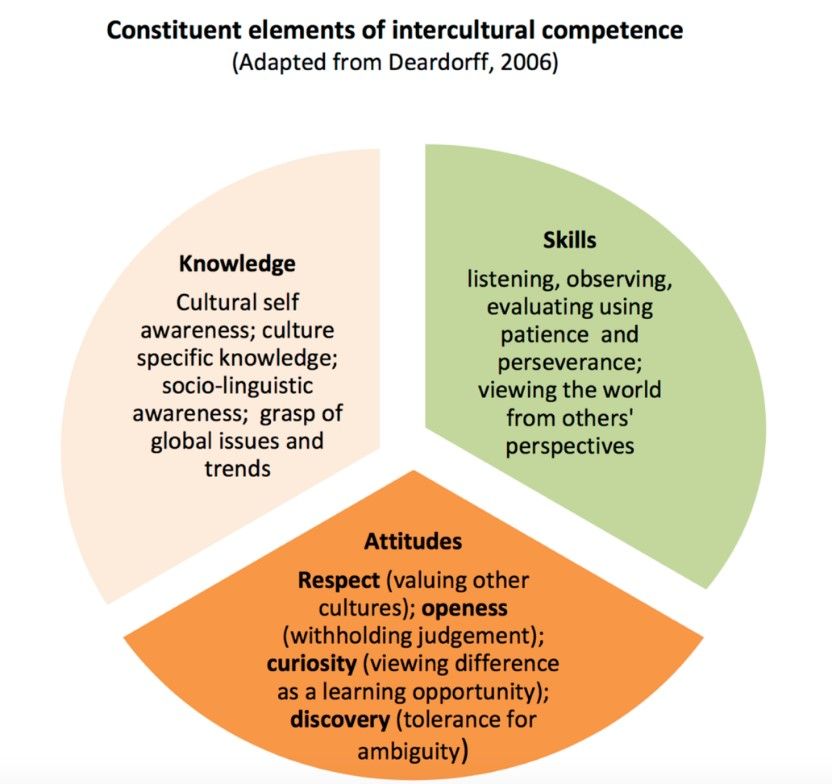 nine0009
nine0009
Parents want the best for their children, but sometimes the methods they use for upbringing - not from evil, but out of ignorance - only interfere with the child, instill unnecessary complexes, sometimes psychologically traumatize. Studying the psychology of children will help you avoid gross mistakes in raising a child and provide him with an environment in which he can develop his abilities in the best possible way.
Famous theories and researches of child psychology
Child psychology as a science investigates mental functions: memory, thinking, imagination, attention, speech and others. All that thanks to which we interact with reality, we can perceive and interpret it. These functions can be measured, and there is a consensus in science about how they normally develop. But there are questions about children's behavior that are difficult to study experimentally. Why is a child up to three years old attached to his mother, and then slowly begins to separate from her? Why do some conditions stimulate the development of children, while others slow it down? Child psychologists and psychoanalysts put forward theories that answer these questions.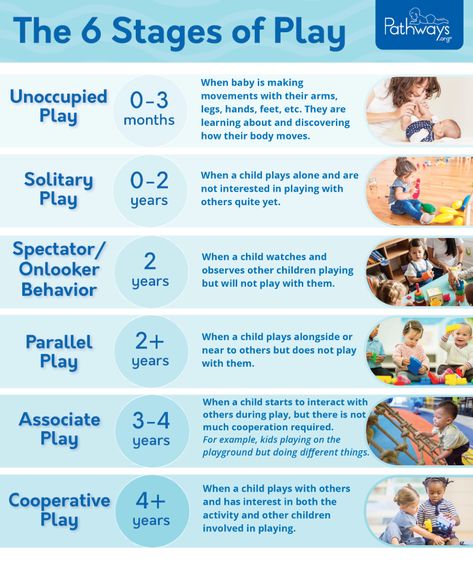 I note that there are no two theories of child development that would completely contradict each other. Authors of different theories describe similar things from different angles. nine0009
I note that there are no two theories of child development that would completely contradict each other. Authors of different theories describe similar things from different angles. nine0009
Here are some well-known theories:
1) Sigmund Freud's theory of psychosexual development. Many of Freud's studies and conclusions were subsequently criticized, however, he was one of the first to draw attention to the fact that childhood experience affects the entire subsequent life of a person. Freud believed that development is driven by sexual interest.
2) Theory of psychosocial development and Erik Erickson. Erickson adopted many of Freud's ideas, but put forward the theory that social interaction and experience play a decisive role in human development. His theory covers not only childhood, but also the rest of a person's life, which he divides into eight stages. Erickson says that with the transition to each new stage, we experience a crisis. nine0009
3) Behavioral theory of development.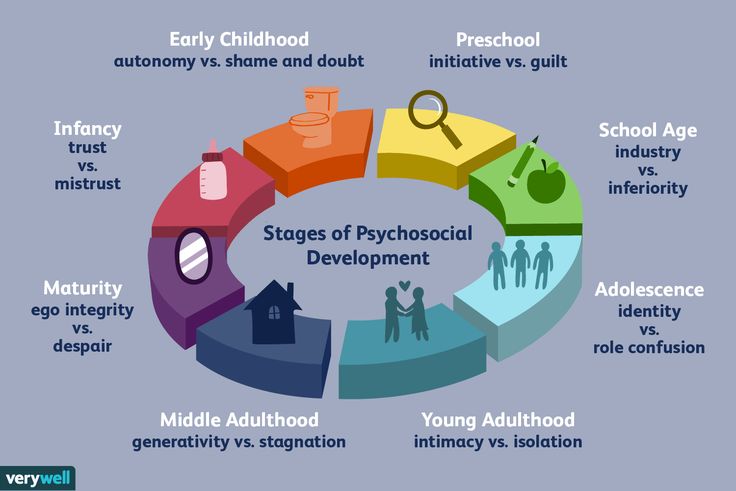 Behaviorists such as John B. Watson (who was heavily influenced by the work of Ivan Petrovich Pavlov) and B. F. Skinner focused only on what the researcher could observe for himself—how animals and people respond to stimuli and changes in their environment. They do not pay attention to inner experiences, since they cannot be seen. Accordingly, human development is seen as a response to rewards, punishments, incentives and reinforcements. nine0009
Behaviorists such as John B. Watson (who was heavily influenced by the work of Ivan Petrovich Pavlov) and B. F. Skinner focused only on what the researcher could observe for himself—how animals and people respond to stimuli and changes in their environment. They do not pay attention to inner experiences, since they cannot be seen. Accordingly, human development is seen as a response to rewards, punishments, incentives and reinforcements. nine0009
4) Jean Piaget's theory of cognitive development. The subject of the theory is the development of the human thought process. Piaget's most revolutionary discovery was what now seems natural to us: children think differently from adults. Piaget divided childhood into periods depending on the stage of development of the child's thought process.
5) John Bowlby's attachment theory. Bowlby concluded that children are born with the need to form attachments. For this reason, the relationships that they develop in early childhood with people who take care of them (primarily, of course, with their parents) affect their entire future life.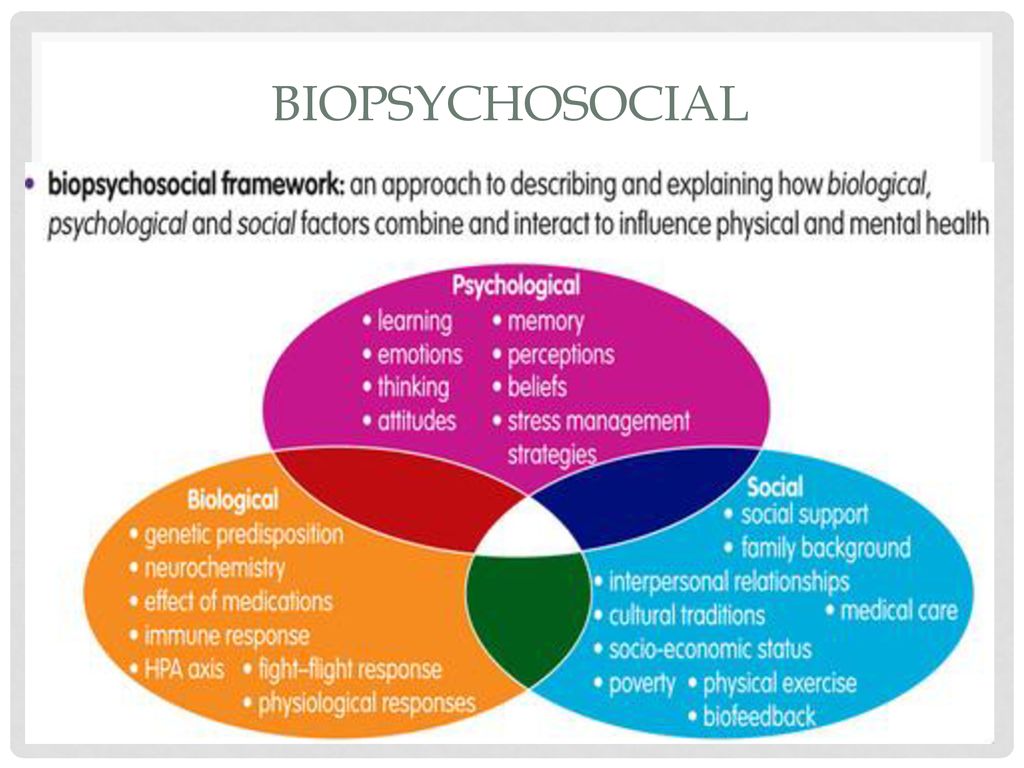 Other researchers have followed Bowlby's work and identified several types of attachment that a child can form: secure, ambivalent, and insecure. nine0009
Other researchers have followed Bowlby's work and identified several types of attachment that a child can form: secure, ambivalent, and insecure. nine0009
6) Albert Bandura's theory of social learning. Focuses on what children develop and learn by simply observing the actions and behaviors of other people, including parents and peers, as well as characters in movies and books.
7) Social and cultural theory of Lev Semenovich Vygotsky. It had a great influence on the development of education. Vygotsky argued that children learn from practical experience and introduced the concept of "zone of proximal development". The bottom line is that there are times when a child is already ready to learn new knowledge and skills, but is not yet able to do it on his own - he needs the help of someone who already knows how to do this and will do it together. Vygotsky also wrote about developmental crises as moments of qualitative transformation of a child's mental activity. In other words, as a result of the crisis, the child acquires fundamentally new abilities that he did not have before. nine0009
nine0009
Stages of child development and age-related crises
Child psychology studies in detail how a child's psyche changes as they grow up. From birth to adulthood, the stages of a child's development can be divided into:
1) The neonatal period is the first month of life.
2) Infancy - from 1 month to 1 year.
3) Early childhood - from one year to 3 years. Modern psychologists and parents often use the term "toddler" for children of this age.
4) Pre-school period - from 3 to 6 years. nine0101 5) School period, which is divided into three stages
- junior school age - from 6 to 9 years;
- secondary school age - from 10 to 14 years;
- senior school age - from 15 to 17 years old.
The division into stages may differ slightly for different authors. But why does it even exist? Each of these periods has its own characteristics of development and behavior, and each period ends with an age crisis. From the point of view of psychology, the age crisis does not mean something bad.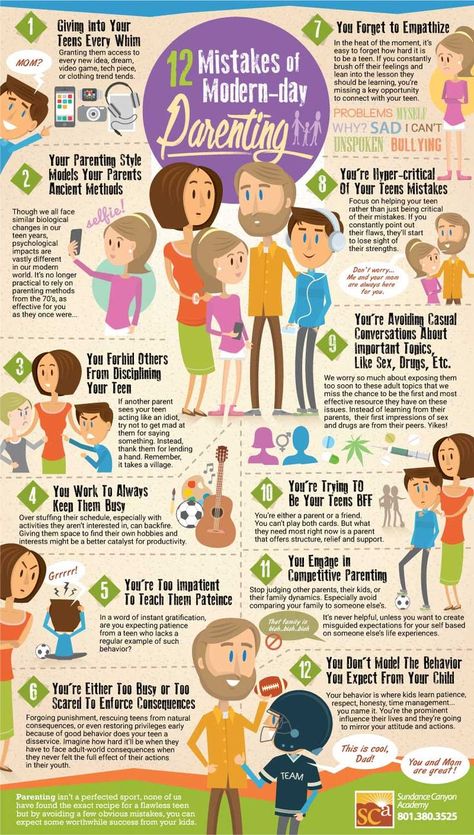 This is the transition from one age stage to another. At this moment, the child acquires new skills and abilities. Sometimes crises are violent, and sometimes almost imperceptibly. Most often, the most striking are the crisis of three years and teenage. nine0009
This is the transition from one age stage to another. At this moment, the child acquires new skills and abilities. Sometimes crises are violent, and sometimes almost imperceptibly. Most often, the most striking are the crisis of three years and teenage. nine0009
Let's take the crisis of three years as an example. It is difficult for parents not to notice it: the child has the phrase “I myself”, the desire to do everything on his own, to insist on his own. At this moment, a little person develops an understanding of his "I", that he is independent and separate from mom and dad, he can want something or not want, at least control something. The child develops the ability to rely on himself, the beginnings of self-confidence, understanding of his own importance.
But if adults do not understand the nature of this crisis, they perceive the emerging “stubbornness” negatively. They may decide that the child is just behaving badly, he must be driven into the frame. Some parents, in a moment of crisis, spend all their energy on forcing the child to do what they think is right.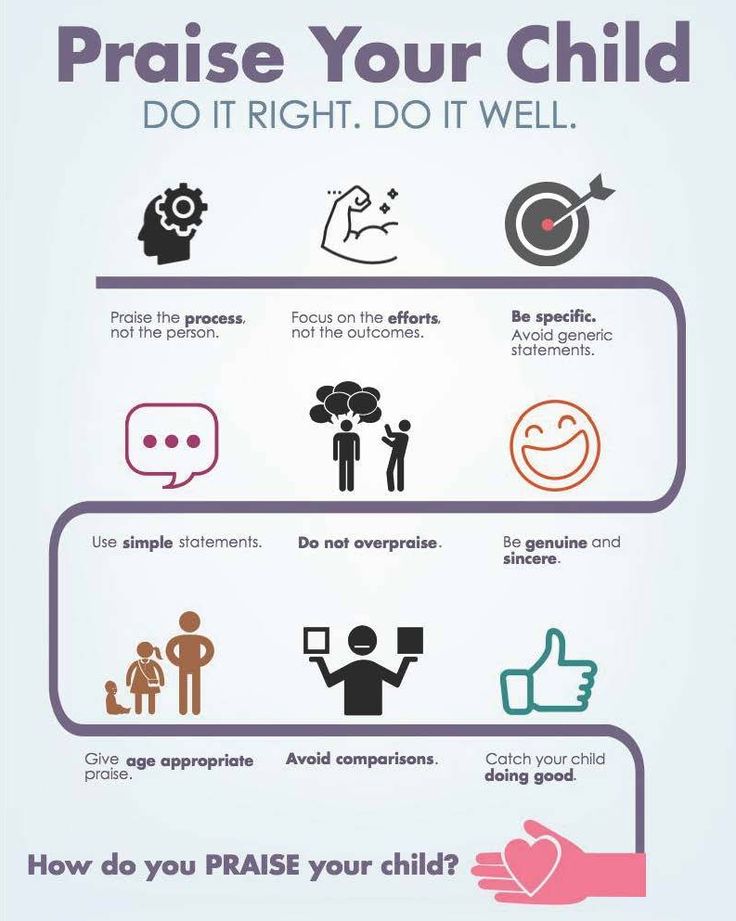 They think that they are training his character, but in fact they are breaking him, going against his natural development. Such problems can arise at the time of any childhood crisis. Knowing what changes are behind each of them helps parents to perceive “whims” more calmly and support the child. Remember that at this moment something completely new is maturing inside your child, something that was not there before. nine0009
They think that they are training his character, but in fact they are breaking him, going against his natural development. Such problems can arise at the time of any childhood crisis. Knowing what changes are behind each of them helps parents to perceive “whims” more calmly and support the child. Remember that at this moment something completely new is maturing inside your child, something that was not there before. nine0009
Myths about child psychology
Myth #1. With a good mom/good dad, the child should only rejoice, should not be angry.
Parents think: If a child experiences suffering, worries, is offended, cries, gets angry, then either we are doing something wrong, or something is wrong with him. These are bad emotions, they need to be stopped or banned.
Actually: Any emotions and feelings are important and necessary. The task of parents is to teach the child to be aware of them and manage them. This is the basis of emotional intelligence: the ability to live any emotions and express them in a socially acceptable way so as not to harm yourself or others. No matter how good mom and dad are, the child will inevitably experience the whole range of feelings and emotions. nine0009
No matter how good mom and dad are, the child will inevitably experience the whole range of feelings and emotions. nine0009
Myth #2. The child misbehaves out of harm.
Parents think: There is nothing behind the child's bad behavior, he just decided to be stubborn and spoil the adults' mood.
In fact: Very often, bad behavior hides a child's trouble, some kind of problem. Take this behavior as a signal and try to understand what is happening. There are many options: the child is under severe stress, is jealous of his brother or sister, wants more attention, is offended by you for something, or perhaps he is hungry or tired and wants to sleep, but he still does not understand this. This is where child psychology comes to the rescue, which helps parents understand why the child is brawling and how to deal with it. nine0009
Myth #3. The child must always obey the adult.
Parents think: As long as we are responsible for the child, he should always do what he is told.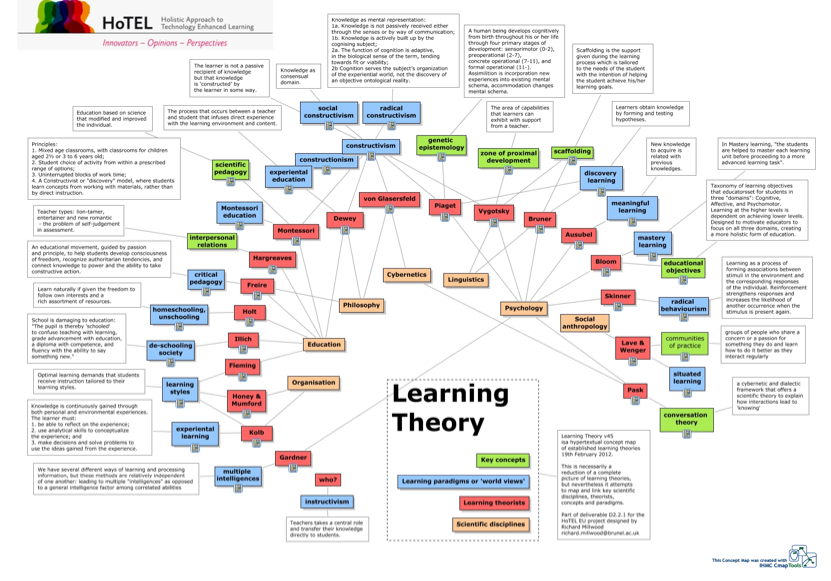
Actually: A child is a living person with his own character, with his own thoughts, feelings, desires and needs. Like an adult, he may like or dislike something, he may want something or not want. It is normal if a child refuses something, does not want to do something, does not agree with something. Naturally, children love to do what is exciting for them, and resist when you need to clean the room, brush your teeth, get somewhere and perform other tasks that are boring for them. You, for your part, are also not obliged to indulge the child in everything, because there are things that need to be done. nine0009
Try to find an approach to the child, negotiate with him without threats, blackmail or shouting. When you force a child to do something, it is humiliating, suppresses the personality, breaks his inner core, the belief "I am significant, important, I have the opportunity to decide something." If this happens chronically, a person grows up insecure, unable to stand up for himself, protect his borders, and resist injustice against him.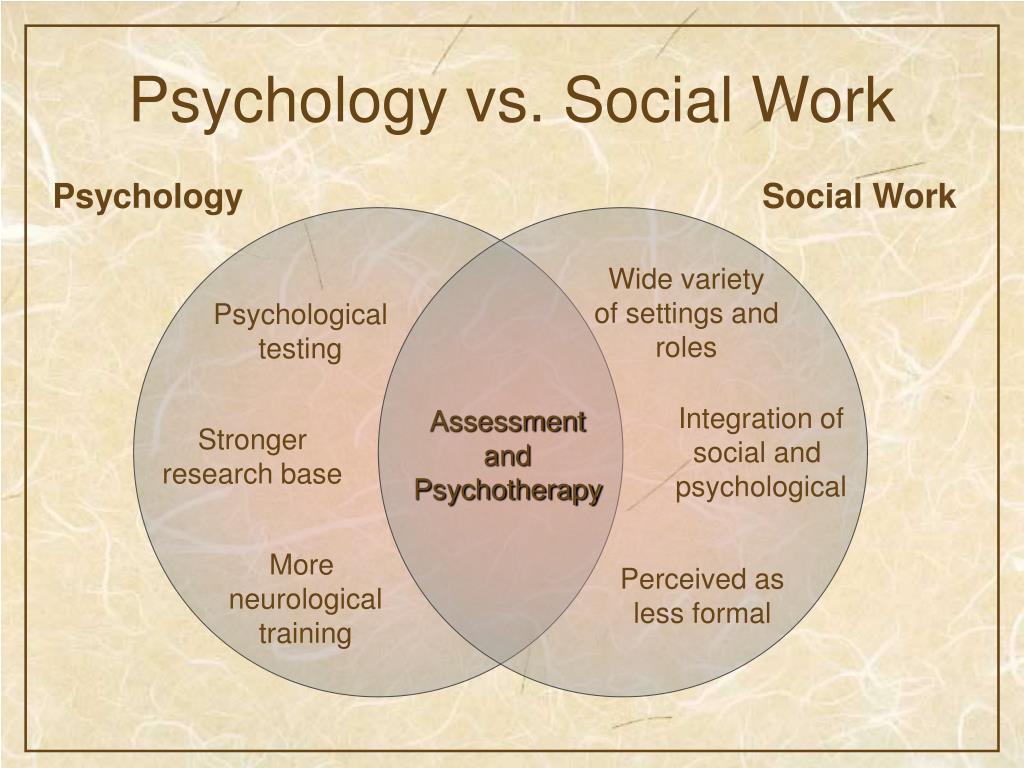 Think about whether you want such a fate for your child. You can negotiate with older children, but kids under three years old still cannot understand logical explanations. The playful approach helps a lot with them. The game approach in education helps, without suppressing the child, to convince him, interest him and encourage him to do what is needed. nine0009
Think about whether you want such a fate for your child. You can negotiate with older children, but kids under three years old still cannot understand logical explanations. The playful approach helps a lot with them. The game approach in education helps, without suppressing the child, to convince him, interest him and encourage him to do what is needed. nine0009
Myth #4. You need to constantly negotiate with the child in everything.
Parents think: Since our personality grows, we need to give it a word and complete freedom of choice from infancy.
Actually: This is a bias opposite to the previous myth. Sometimes parents negotiate with the child so much in everything and on every occasion, ask him for permission, give him the reins of government, that he finds himself with an unbearable burden. It is useless for a kid to ask the question: “What will you have for breakfast?”. He is not yet able to imagine all the options for dishes that mom can cook. It is better to ask: “Will you have buckwheat or oatmeal?”. This choice is sufficient. Parents must create boundaries, and children must have the understanding that they can act within those boundaries. At the same time, it is important to mark the boundaries in a kind, respectful and calm way, not to lose your temper if the child does not agree. nine0009
This choice is sufficient. Parents must create boundaries, and children must have the understanding that they can act within those boundaries. At the same time, it is important to mark the boundaries in a kind, respectful and calm way, not to lose your temper if the child does not agree. nine0009
Myth #5. A child who is never beaten or punished will grow up spoiled.
Parents think: the child should be brought up in severity, and if necessary, apply physical influences so that he understands, so that a “good person” will grow out of him.
In fact: punishment frightens, humiliates, offends the child, and physical punishment inflicts psychological trauma. The most important thing is that they do not reach the goal, they do not teach. Remember when we said that learning and development happens in a safe environment? When a child is punished, he experiences stress, does not draw any conclusions from the situation, does not understand, does not analyze what happened, does not hear what an adult shouts at him in a fit of anger.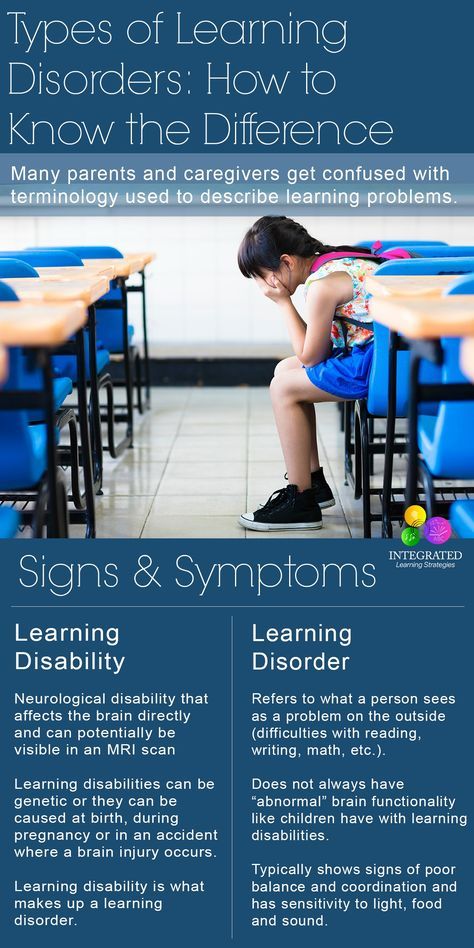 He turns on one of the reactions to stress that we inherited from our ancient ancestors: fight, run or freeze. nine0009
He turns on one of the reactions to stress that we inherited from our ancient ancestors: fight, run or freeze. nine0009
Usually children, especially those under adolescence, cannot hit back. A child, when he is scared and hurt, either runs away and tries to hide, or freezes, falls into a trance, covers his ears with his hands, looks at one point. No learning is possible at this moment: the parts of the brain that are responsible for it turn off and transfer control to those parts that are responsible for survival and salvation. If you want a child to learn new things and refuse unwanted behavior, you need to use completely different approaches that are well described by child psychologists. nine0009
We will analyze these myths in great detail and how parents can rethink their approach to raising children at the free master class "Education without screams and punishments."
Where and how to study child psychology?
If you want to become a professional child psychologist, you must first complete a basic education in psychology.